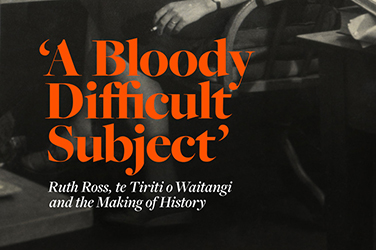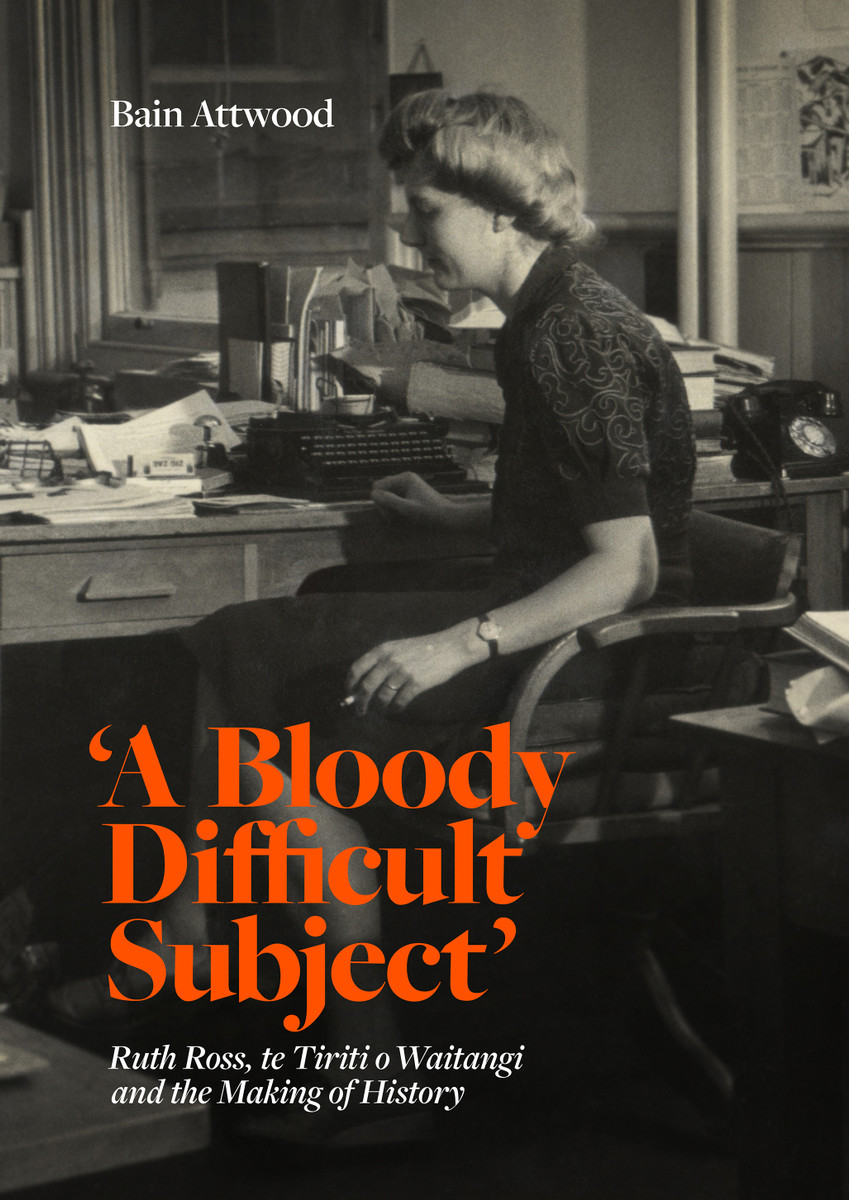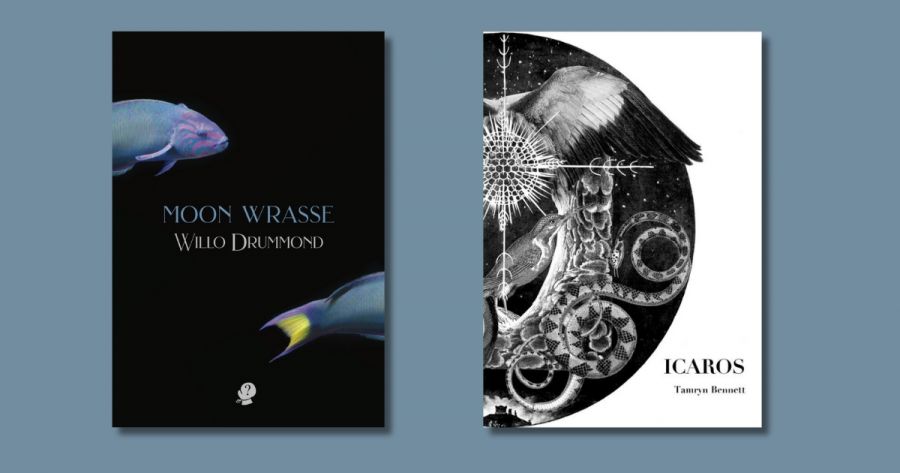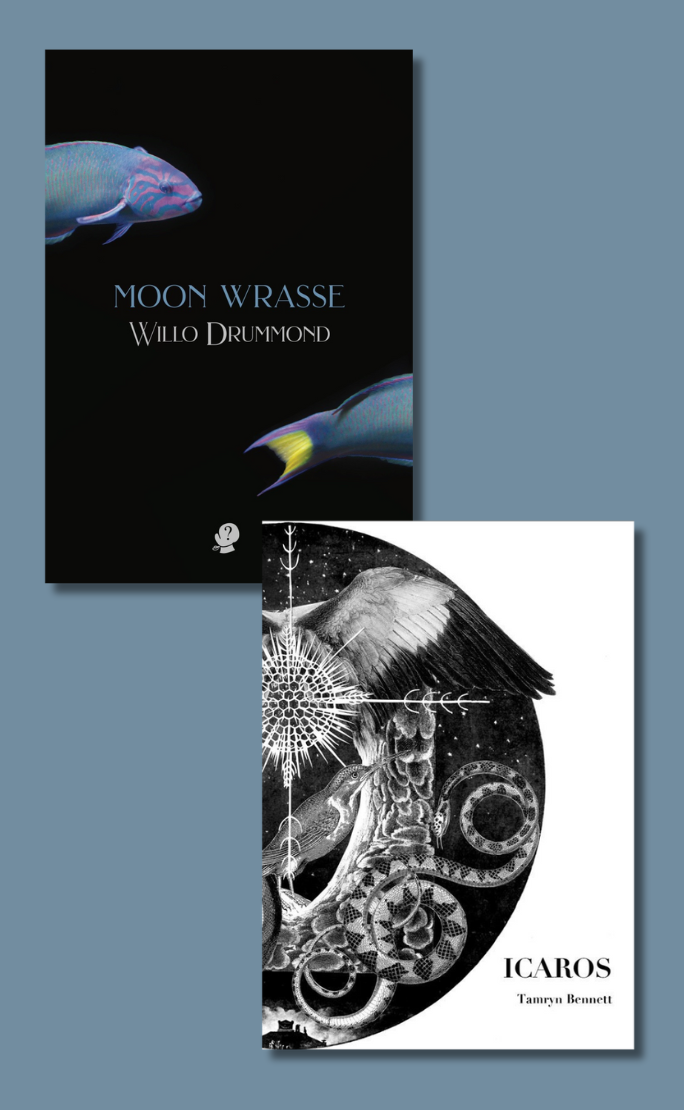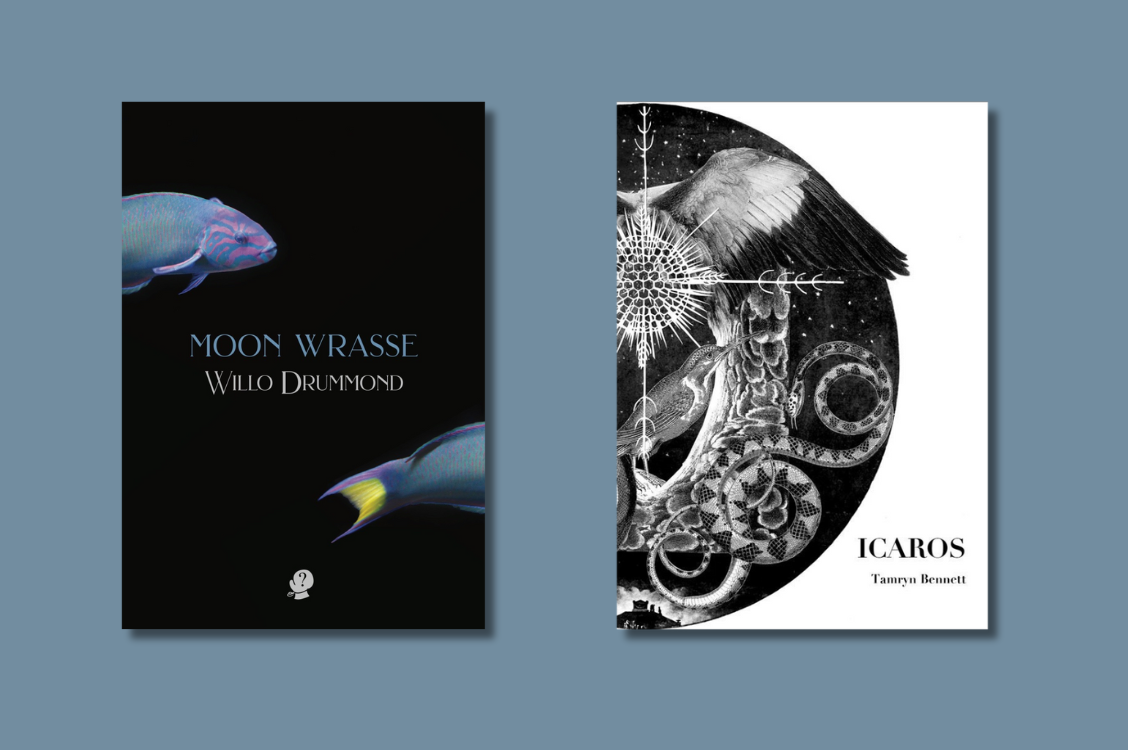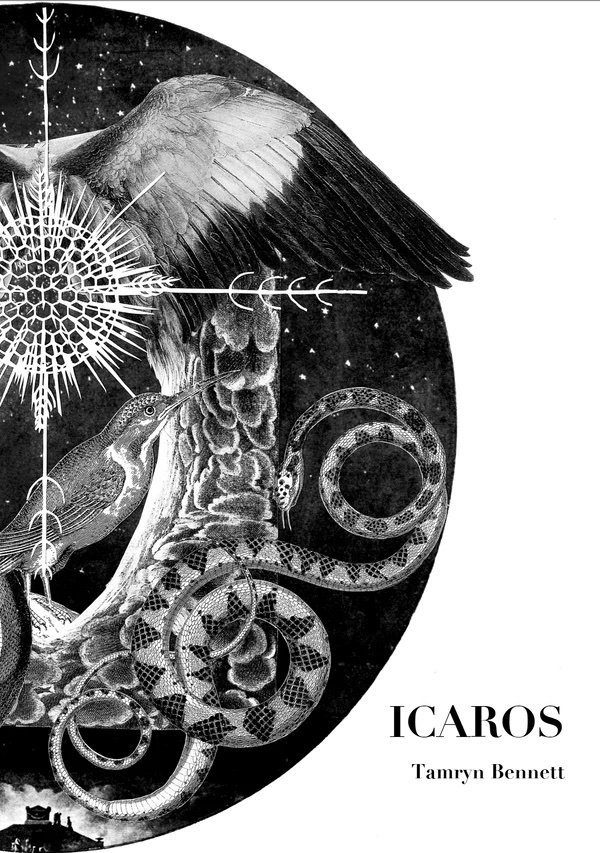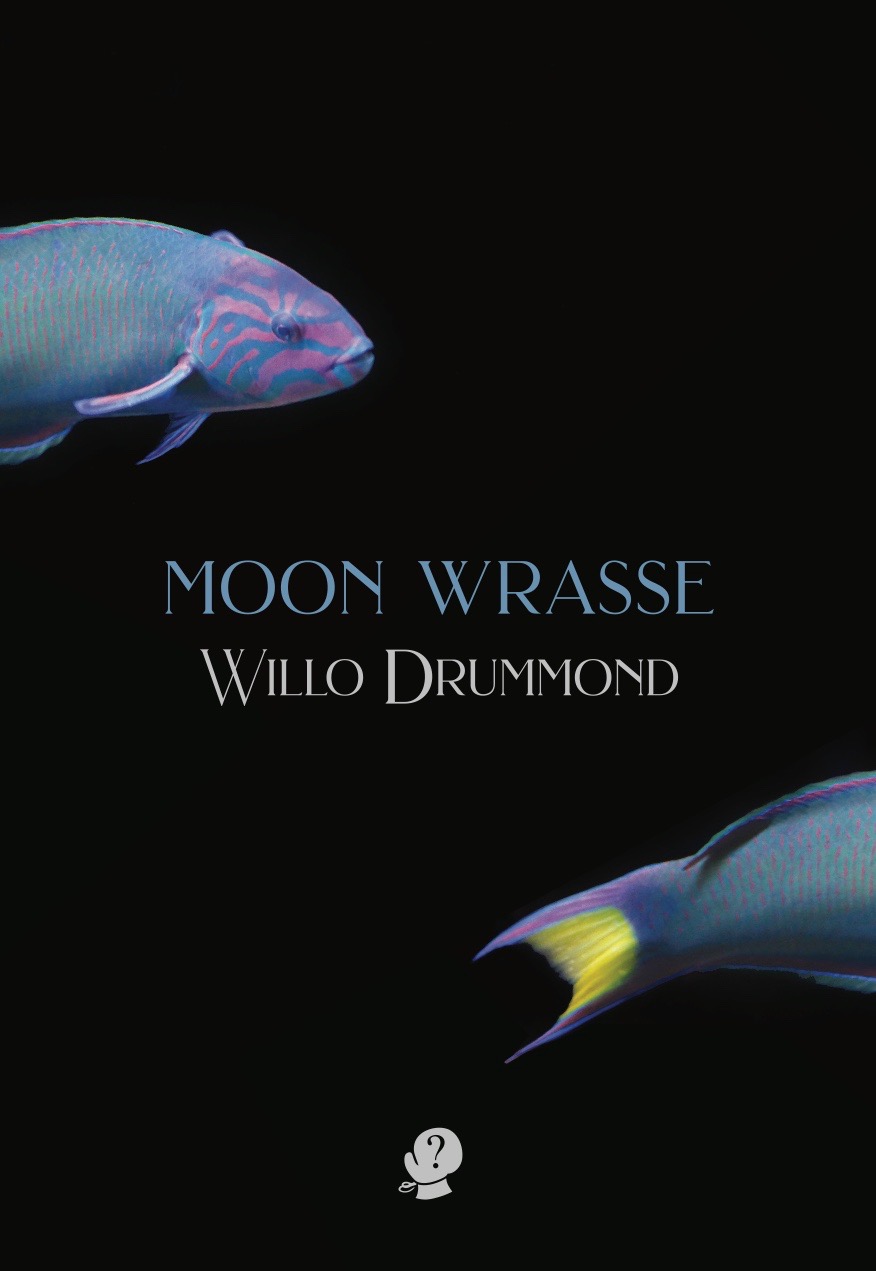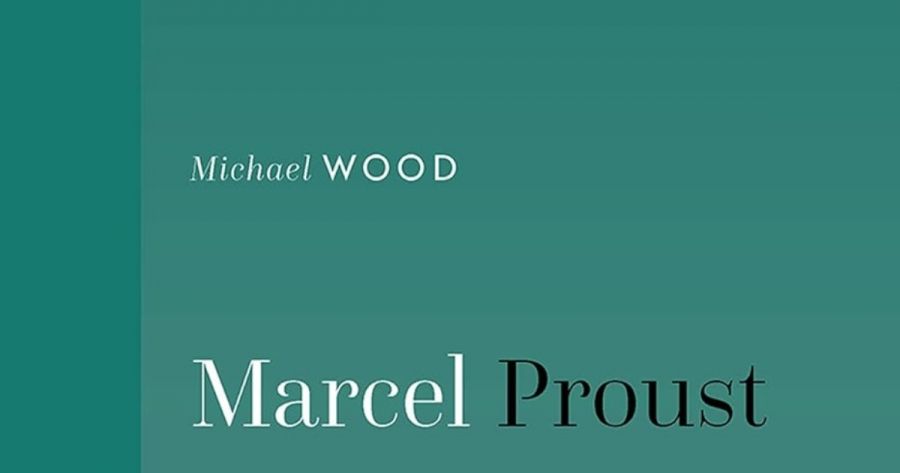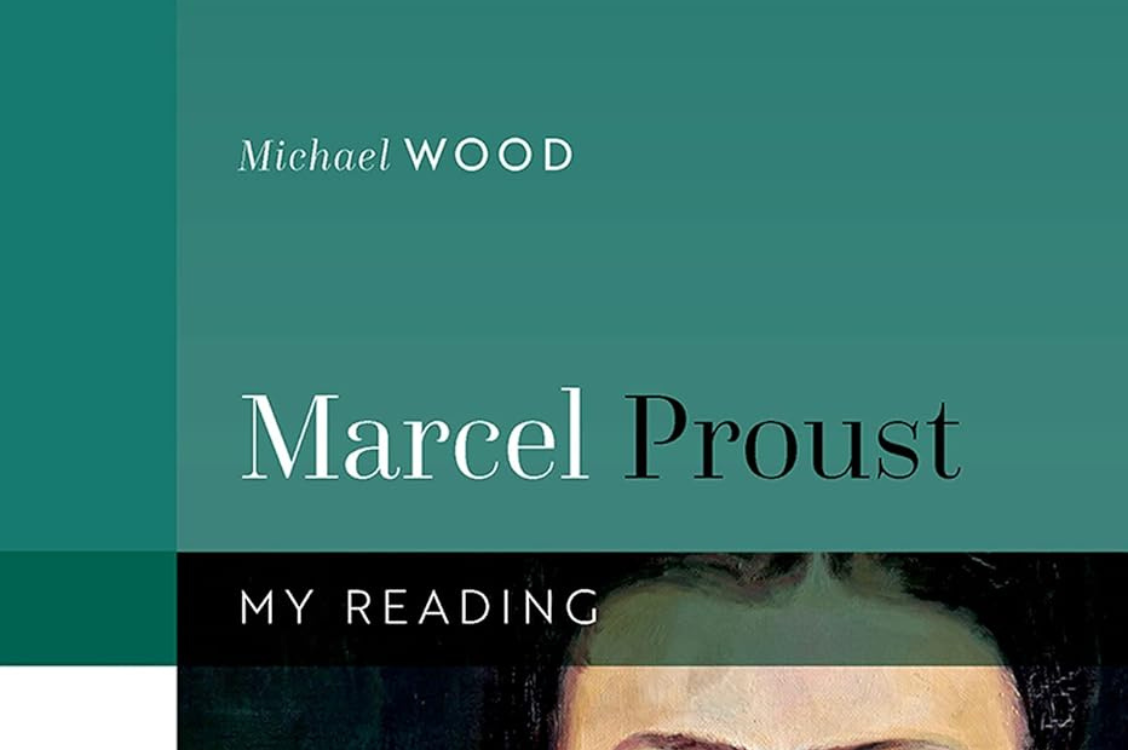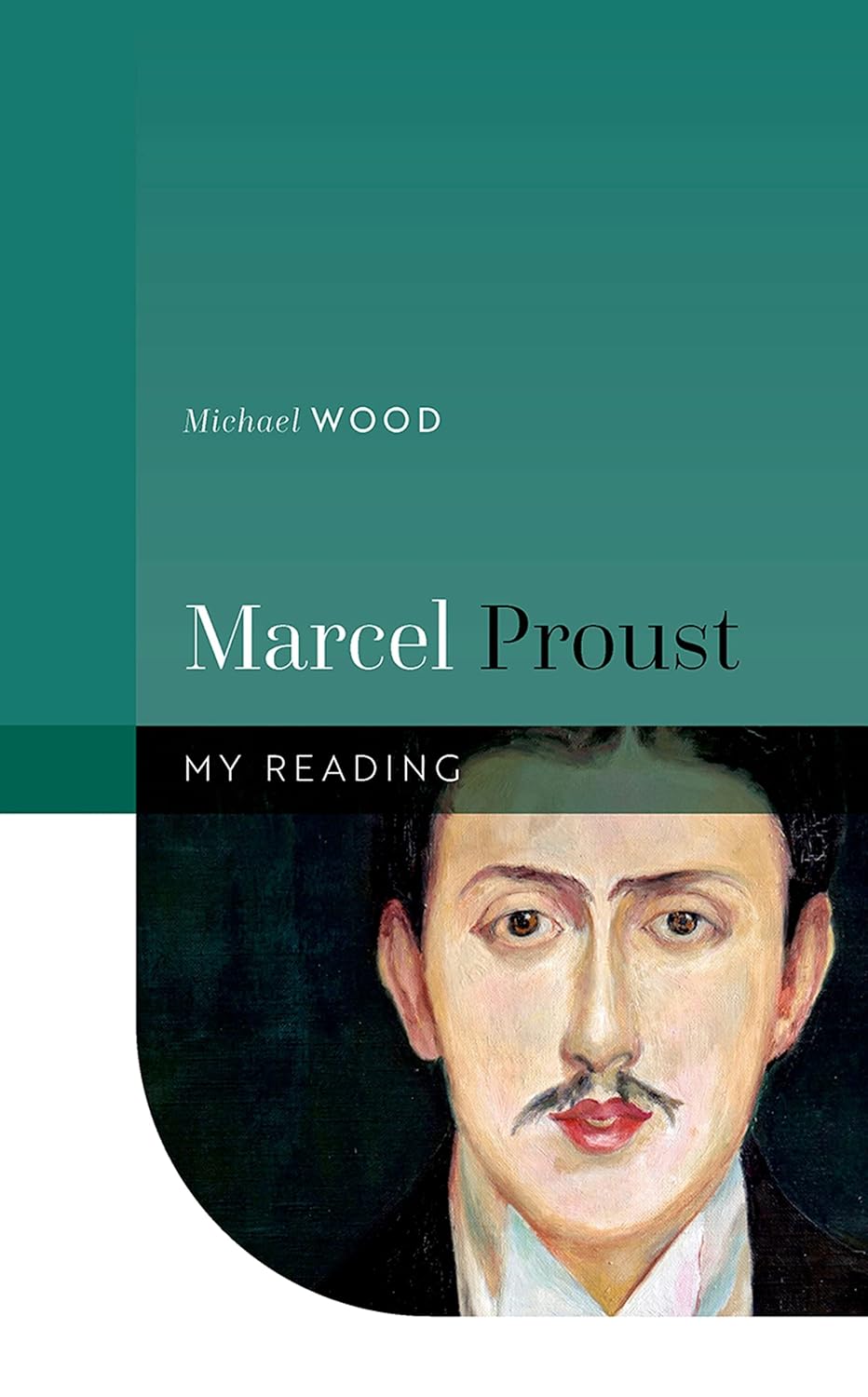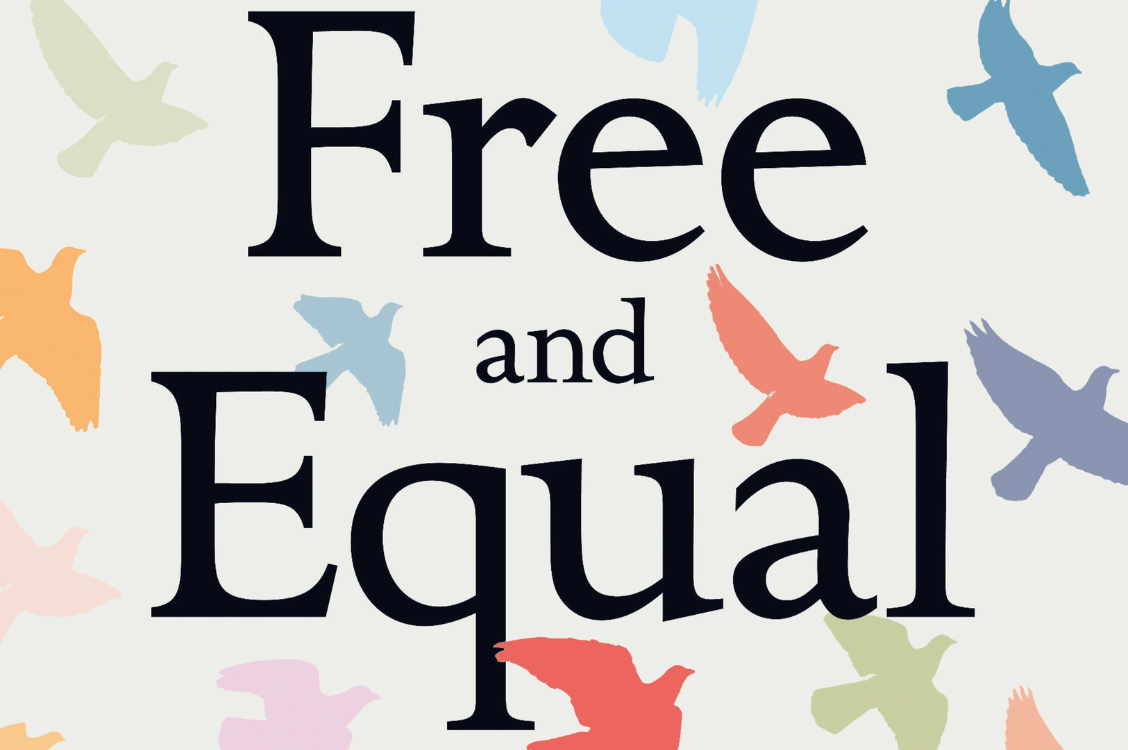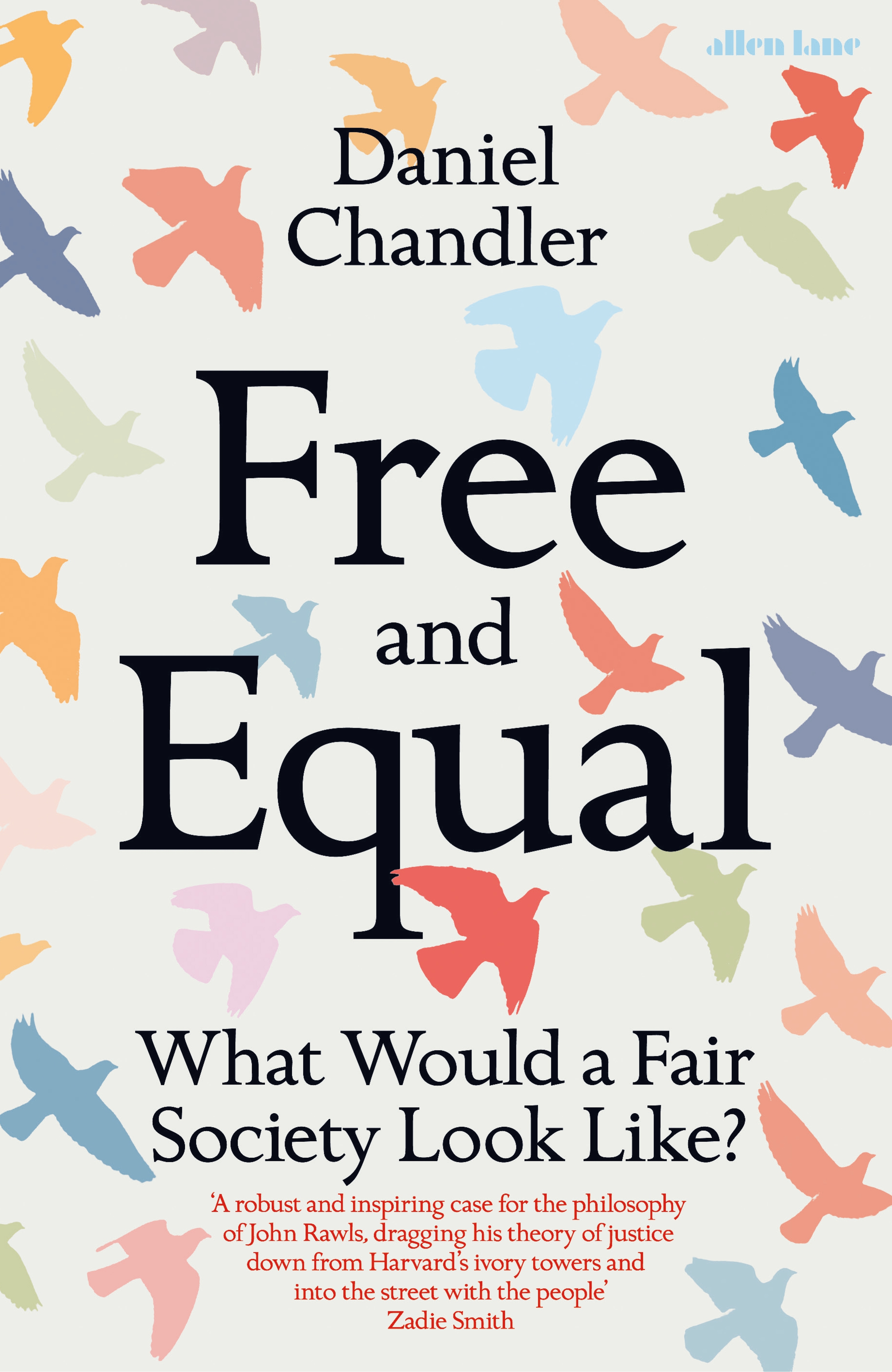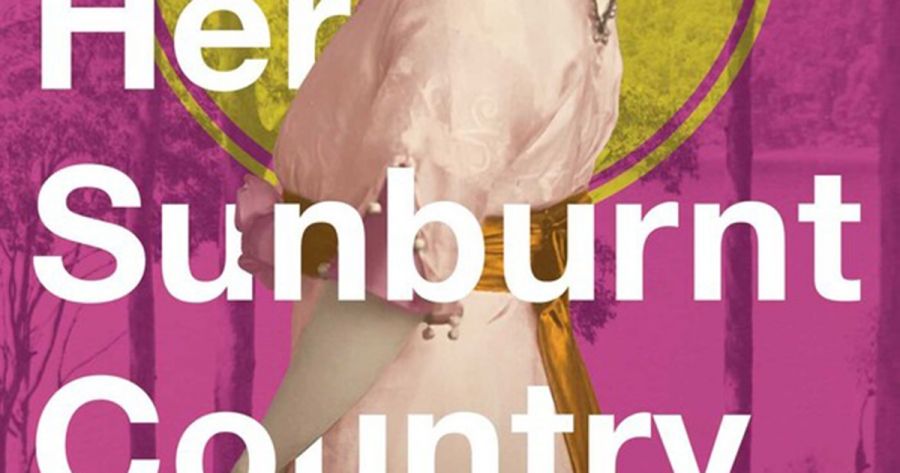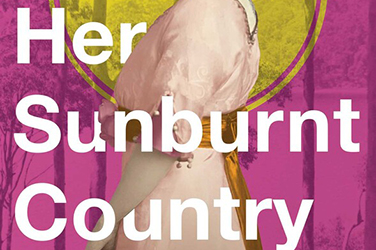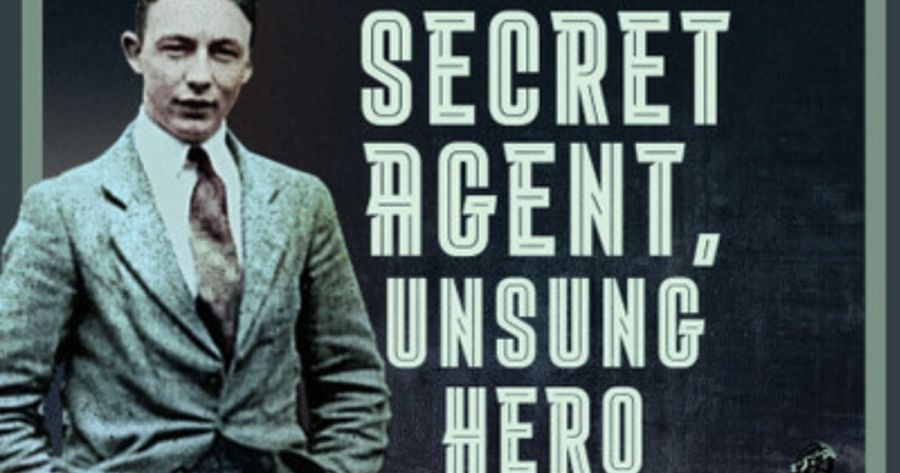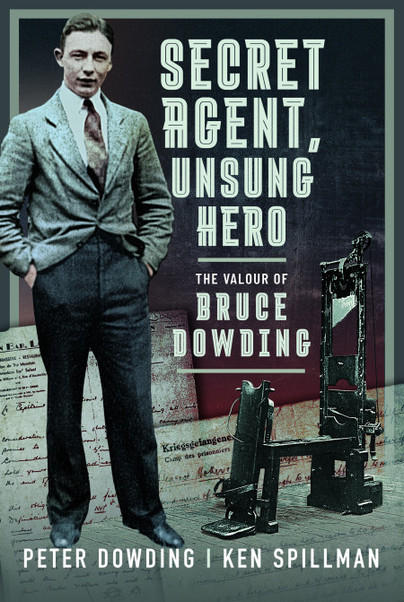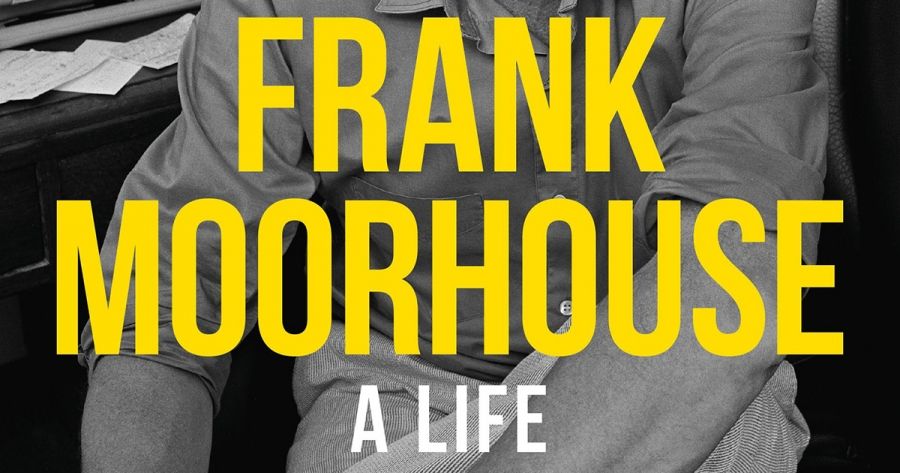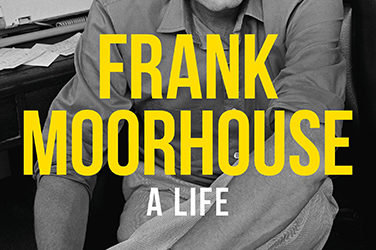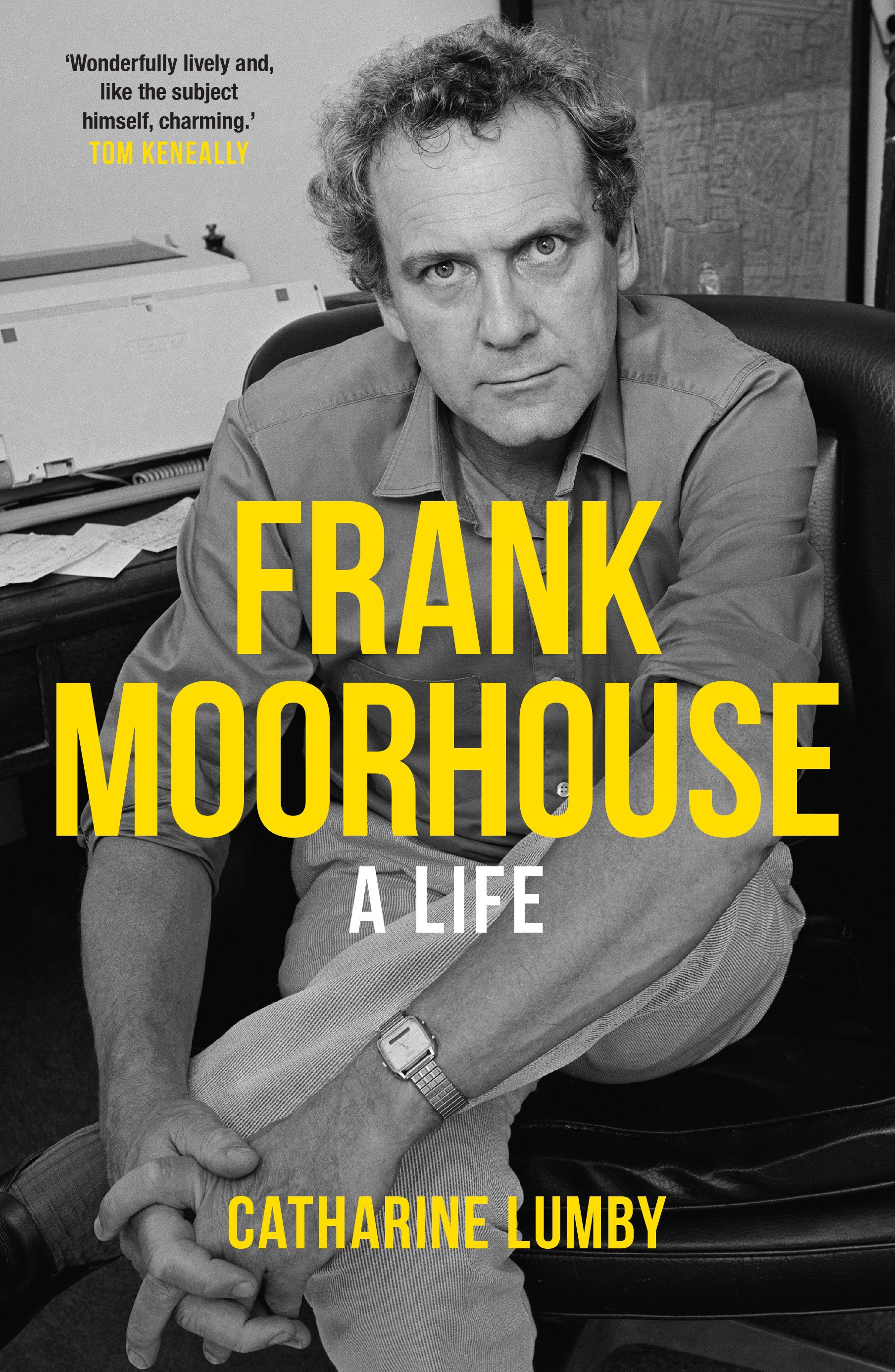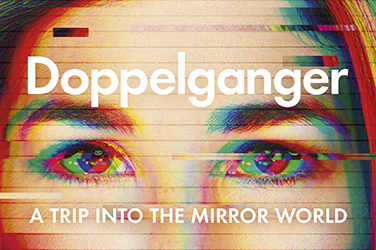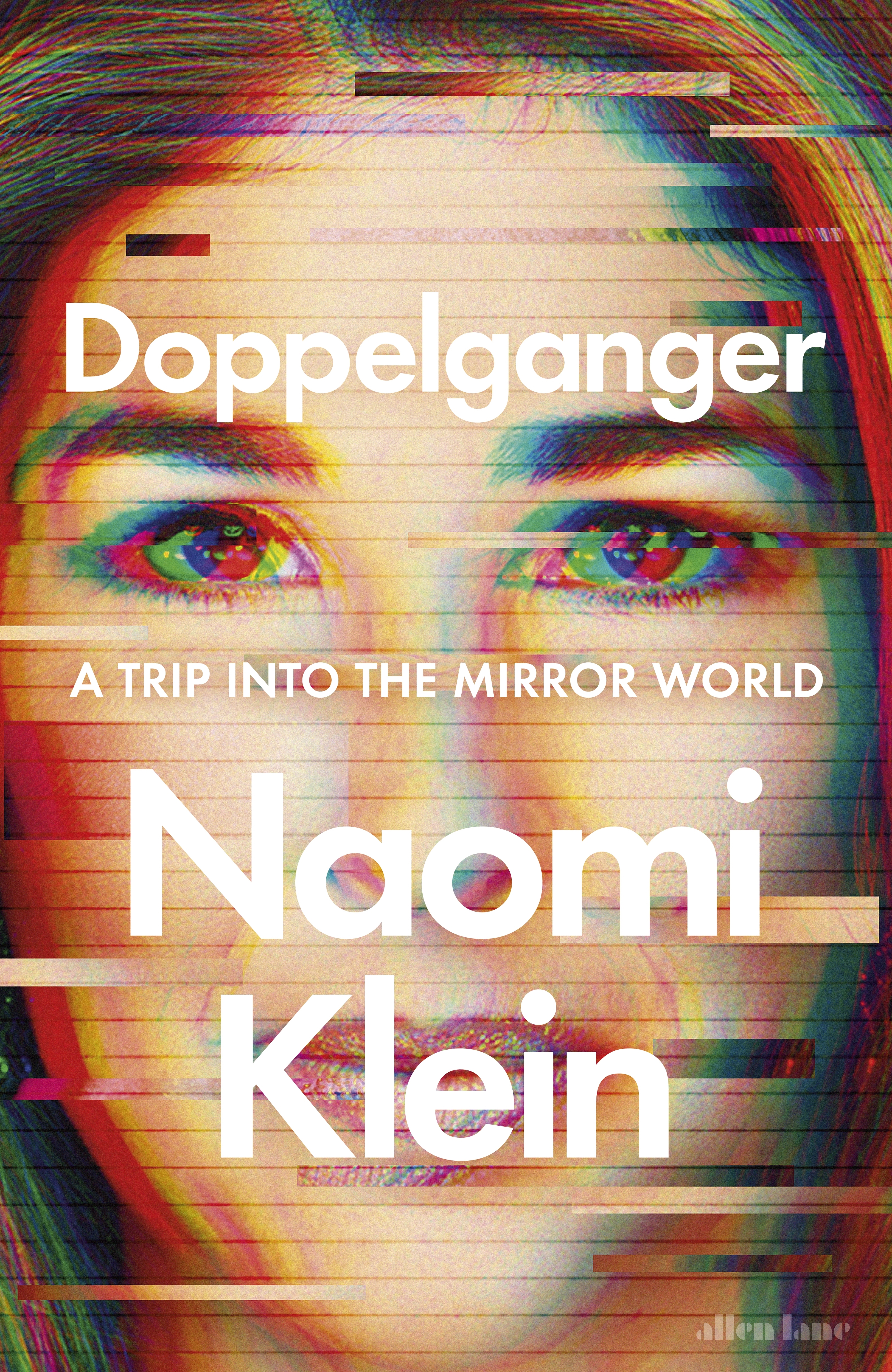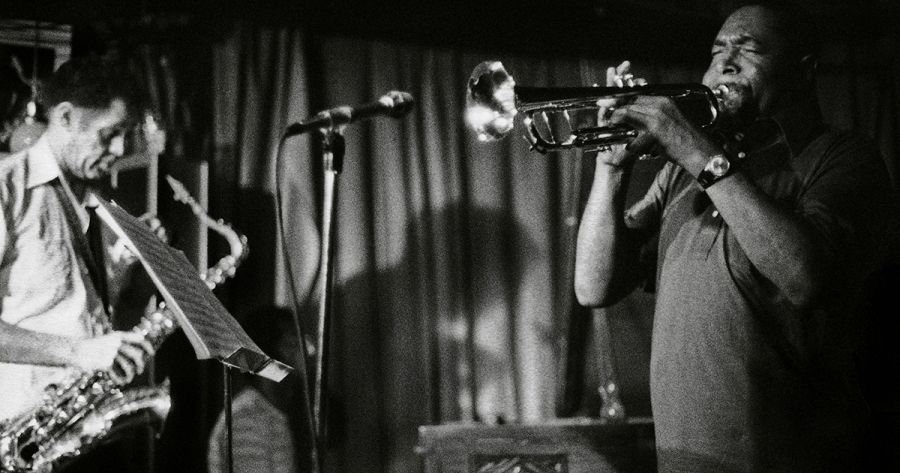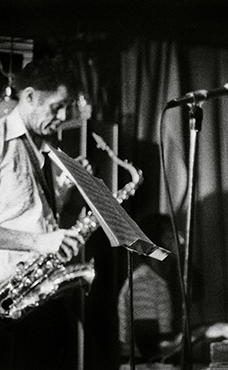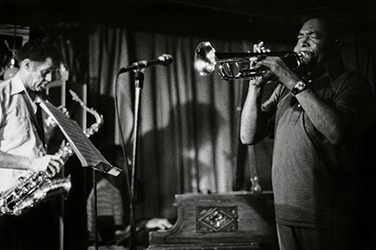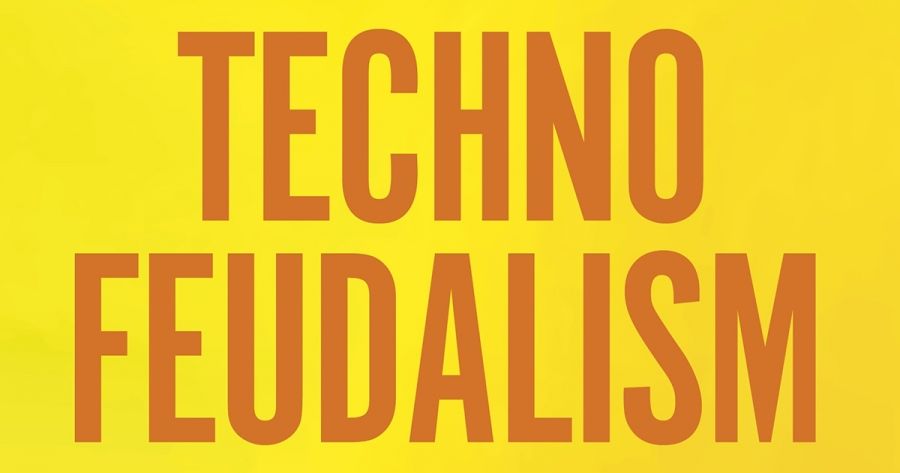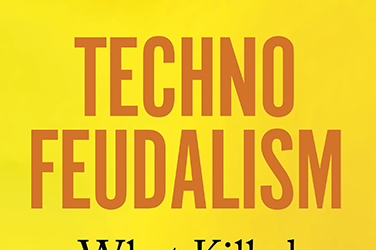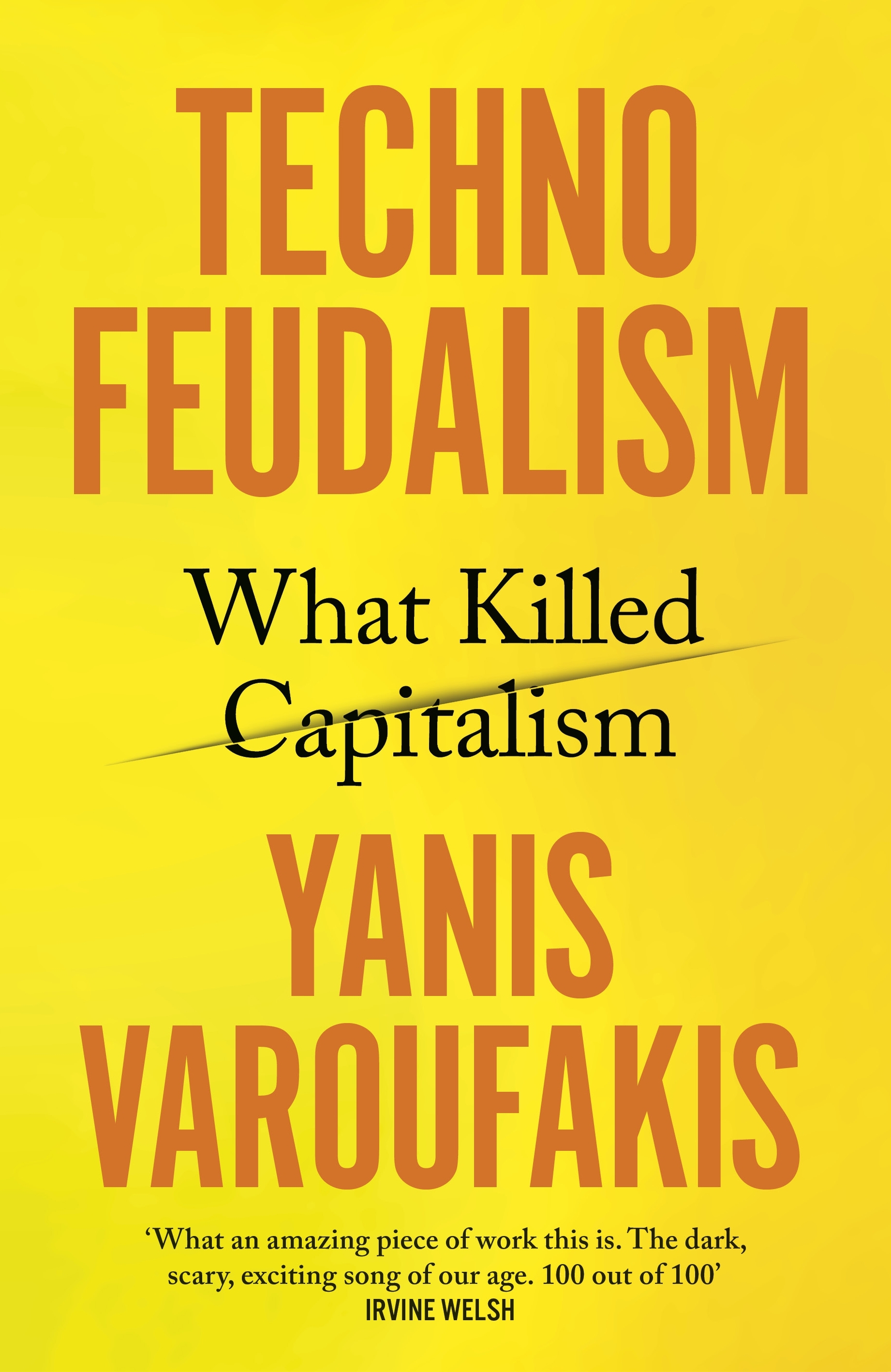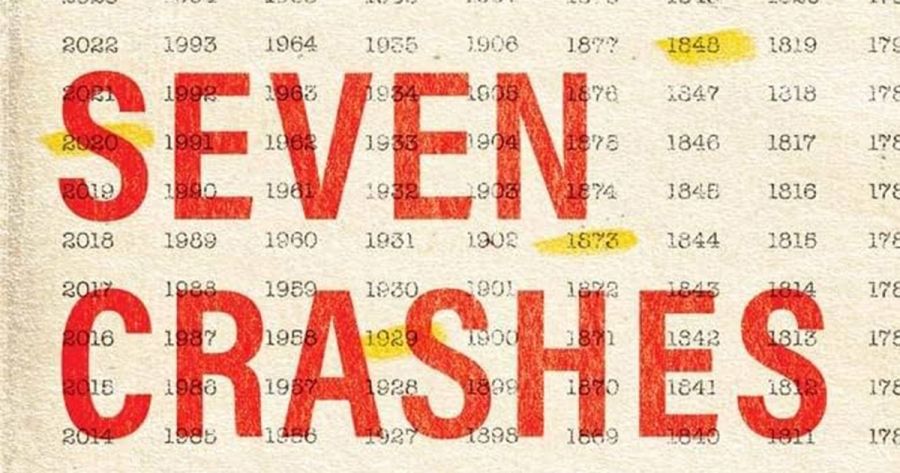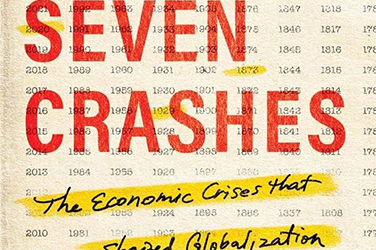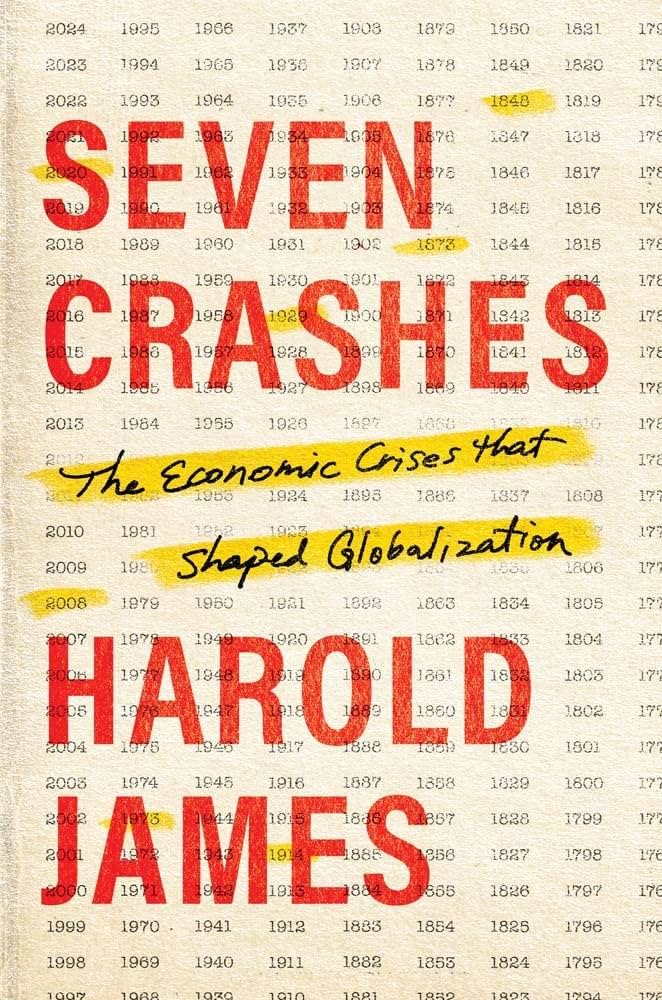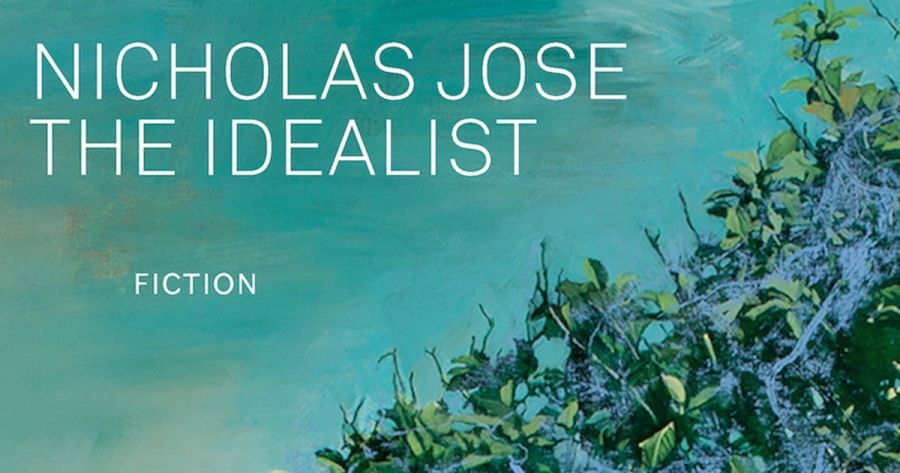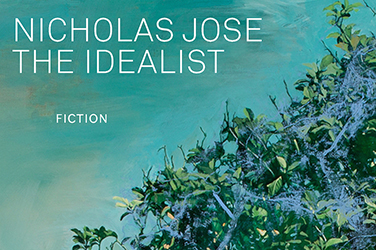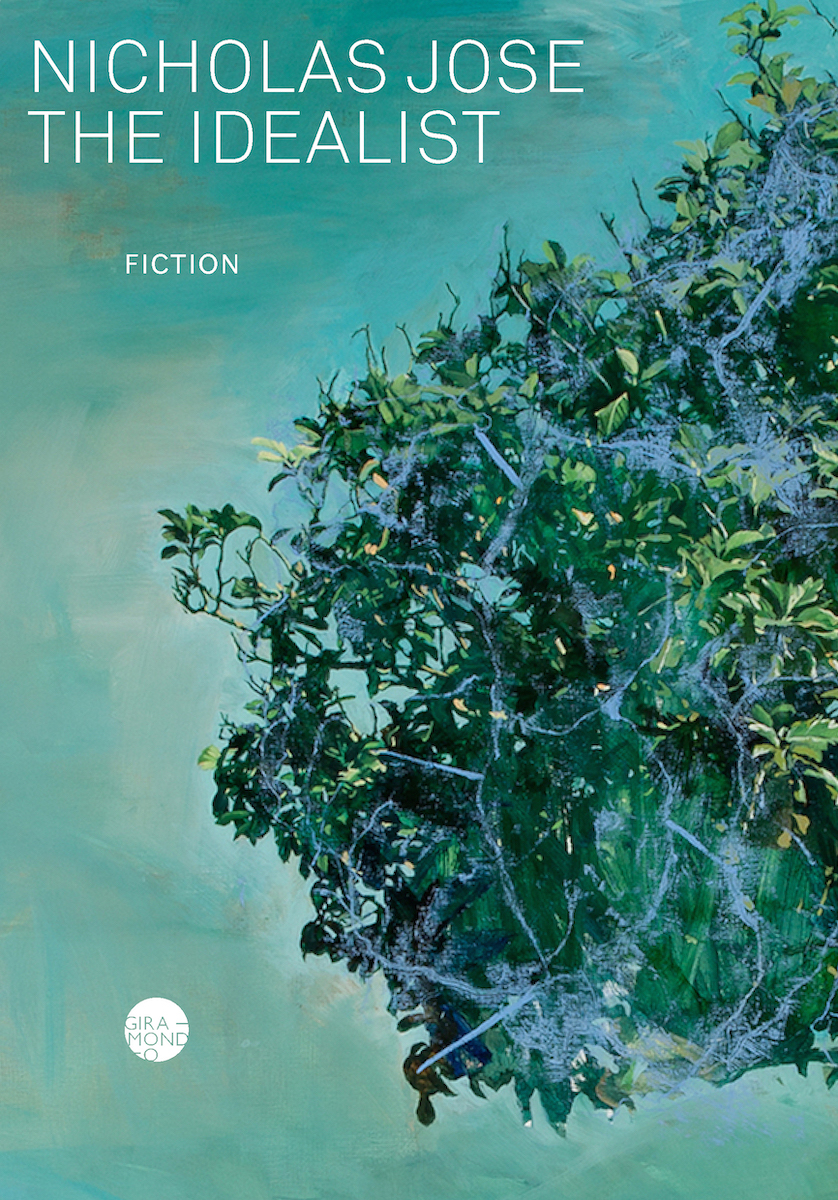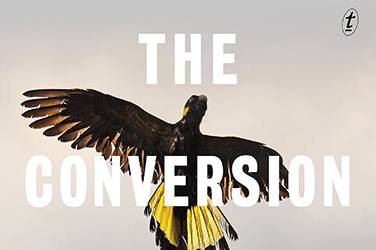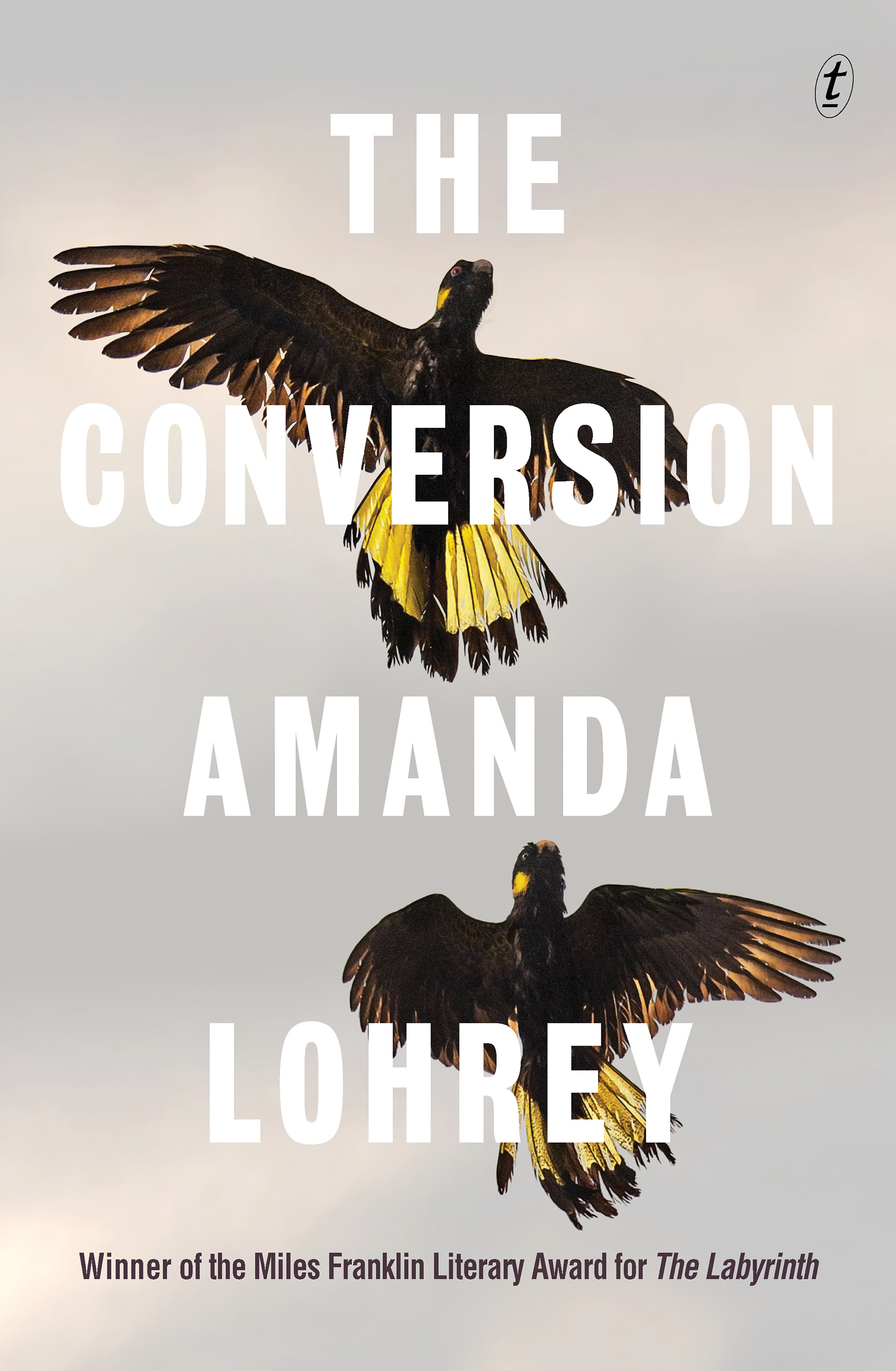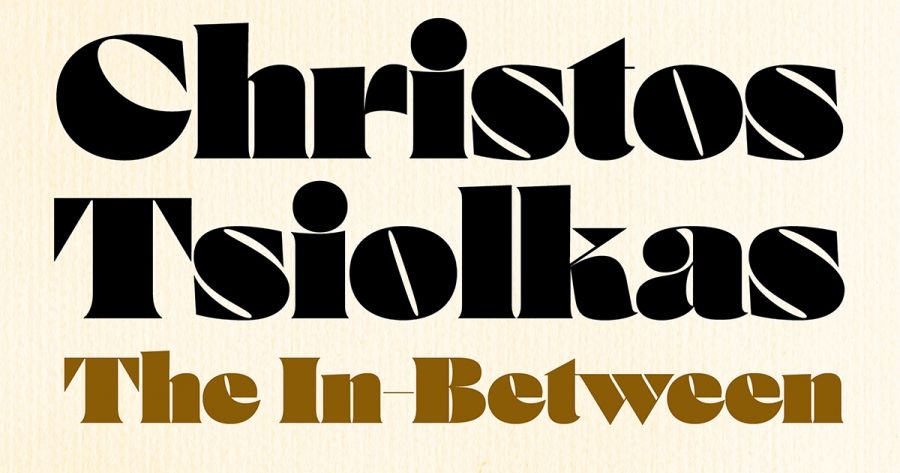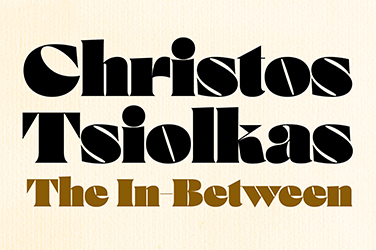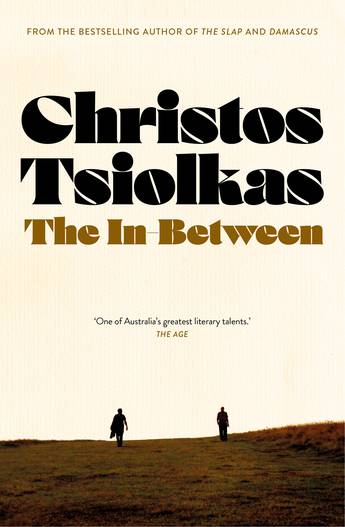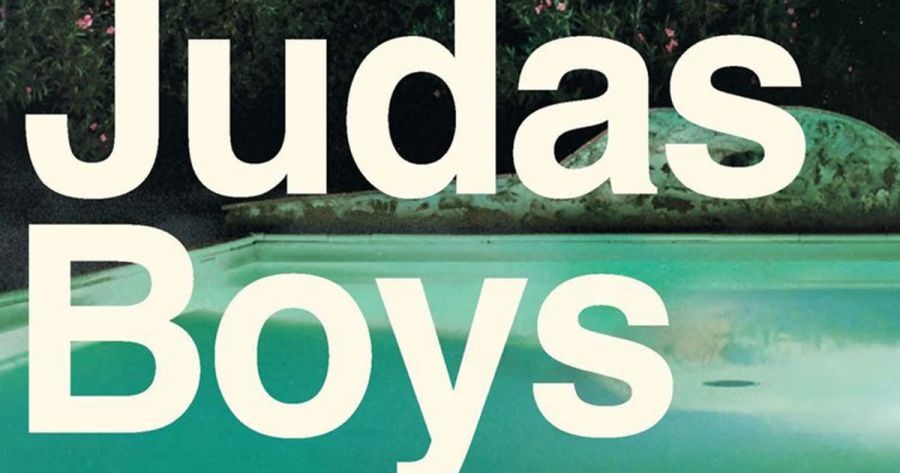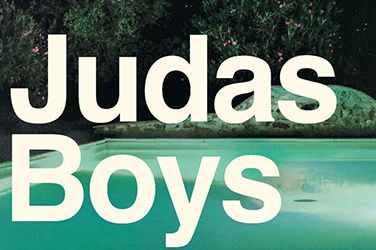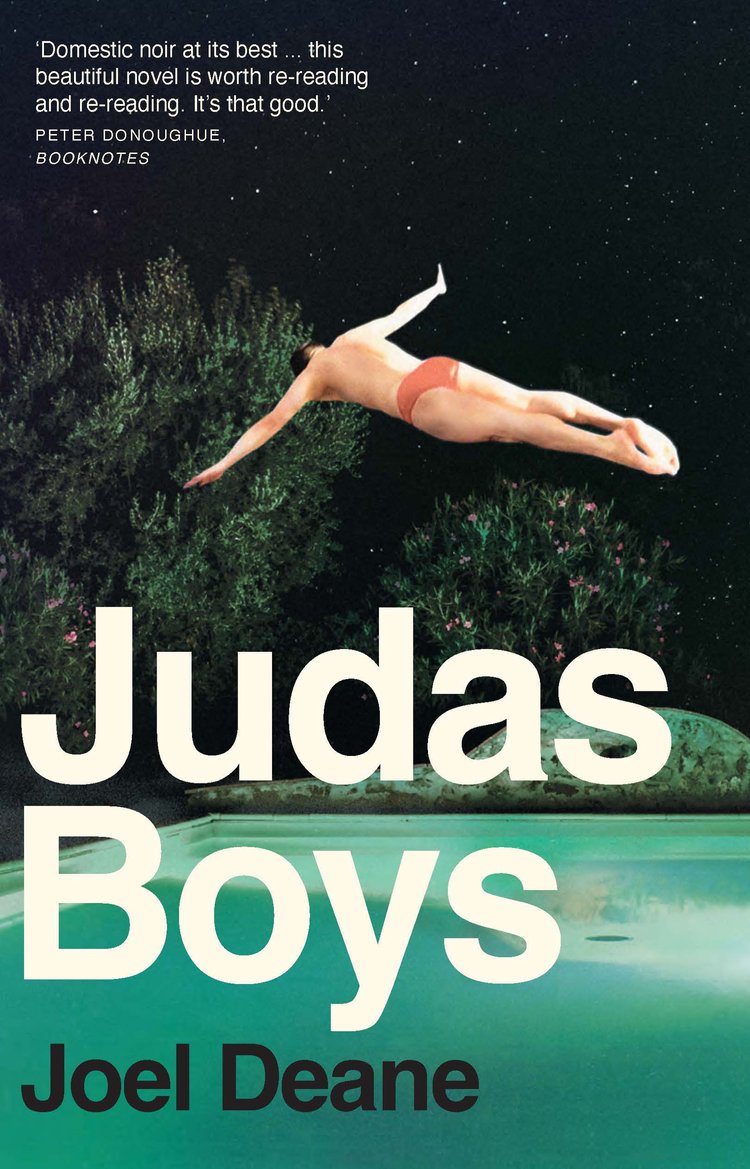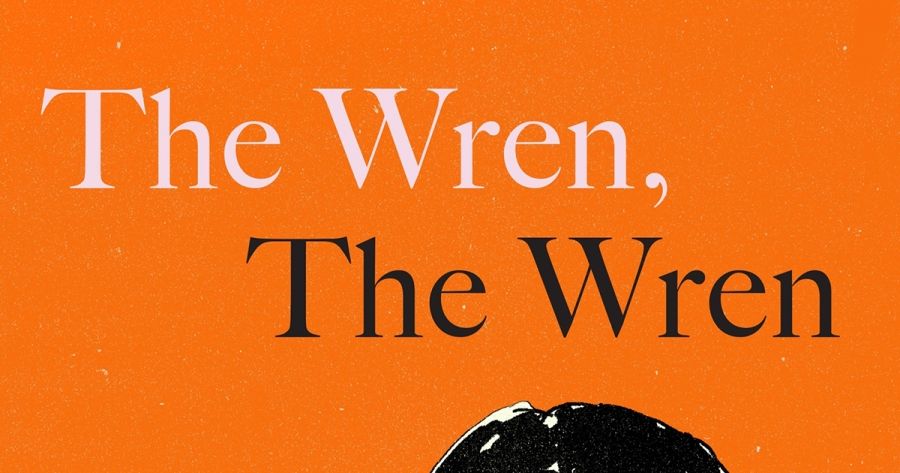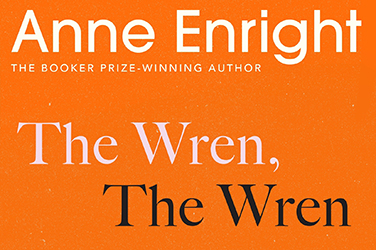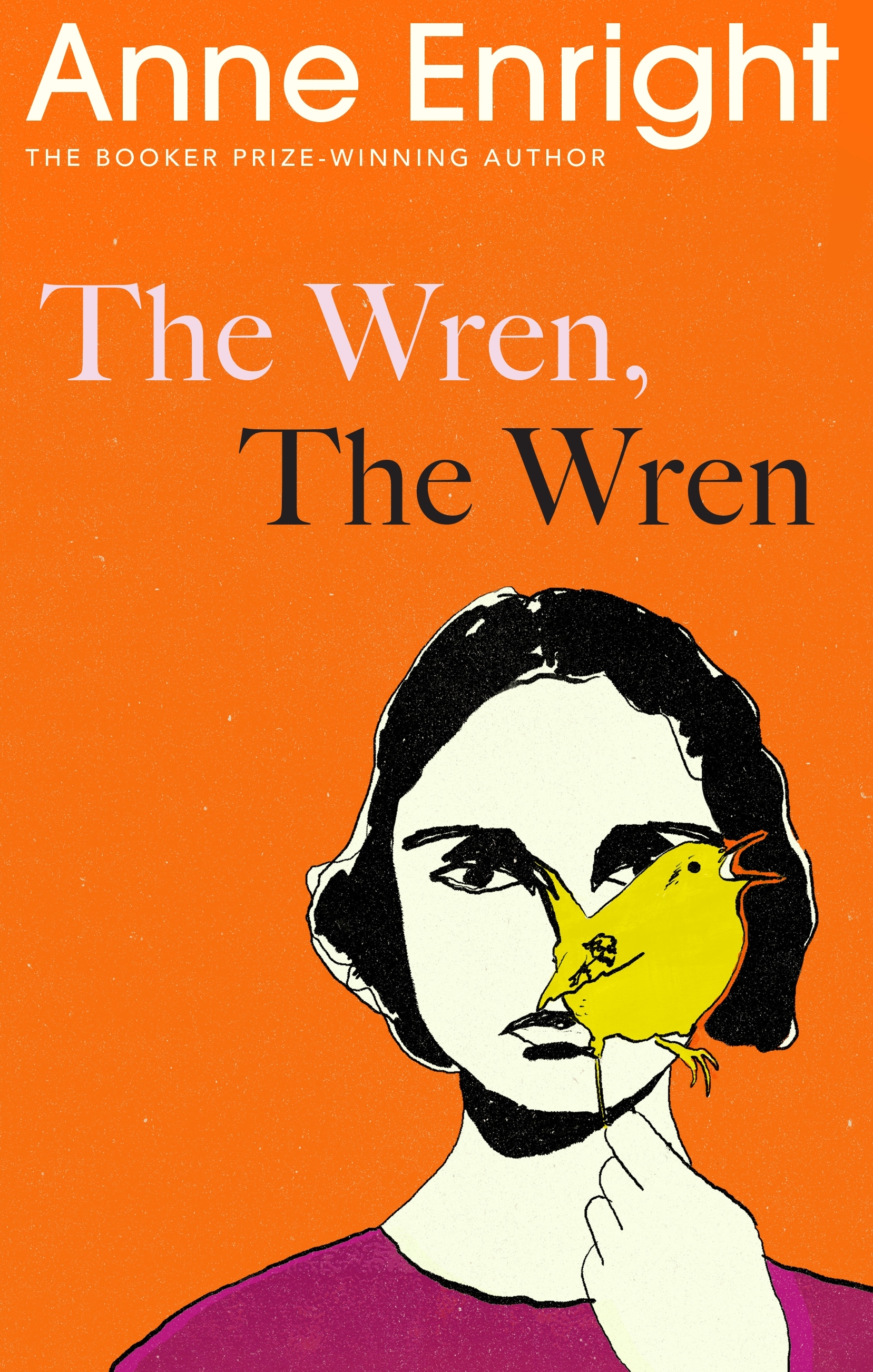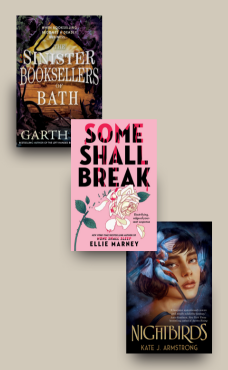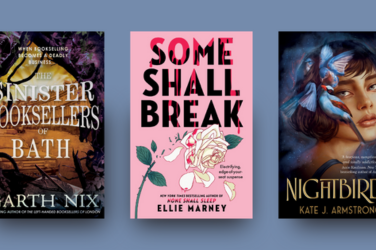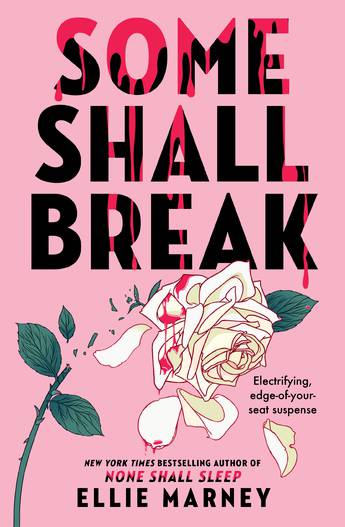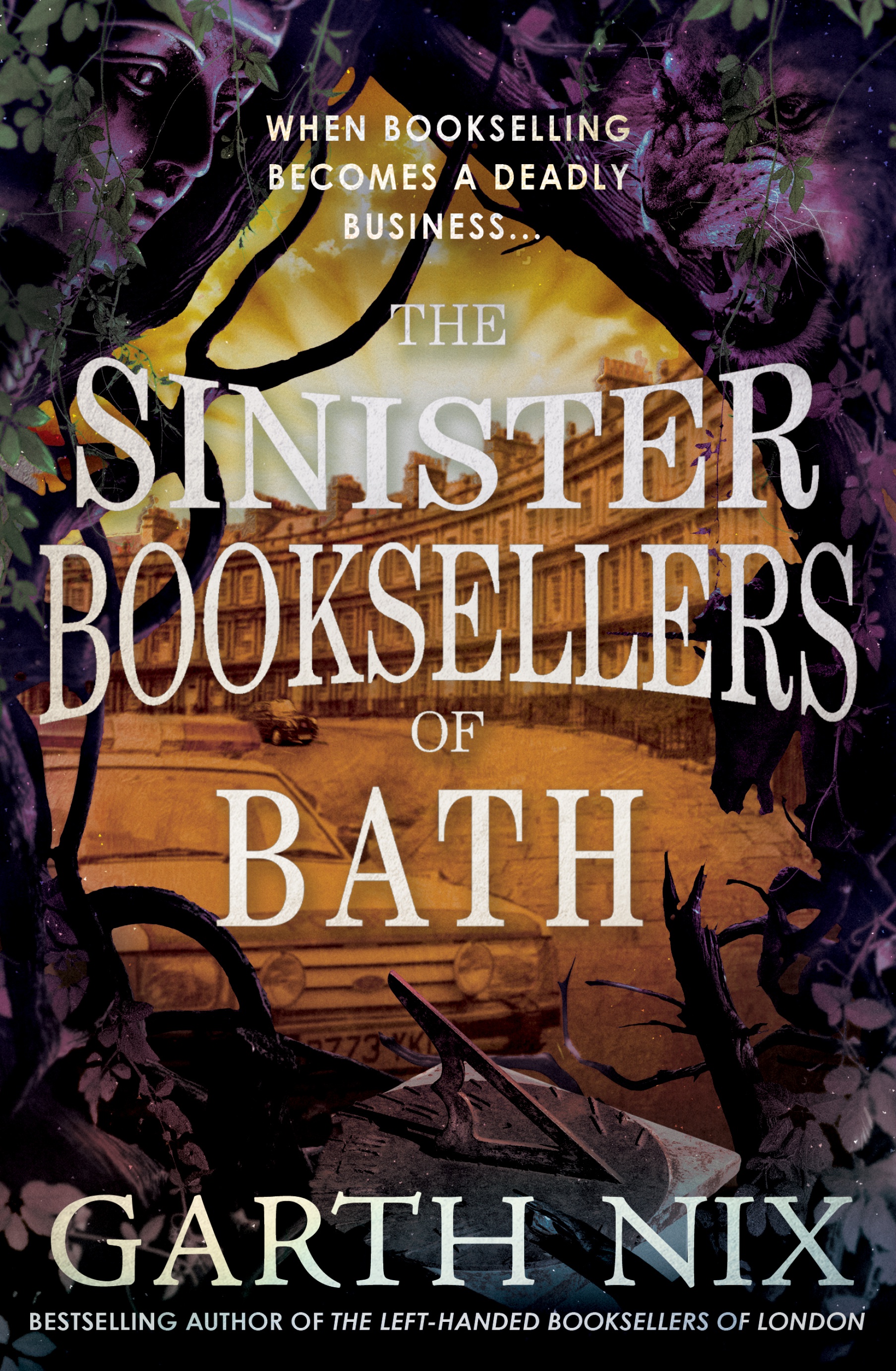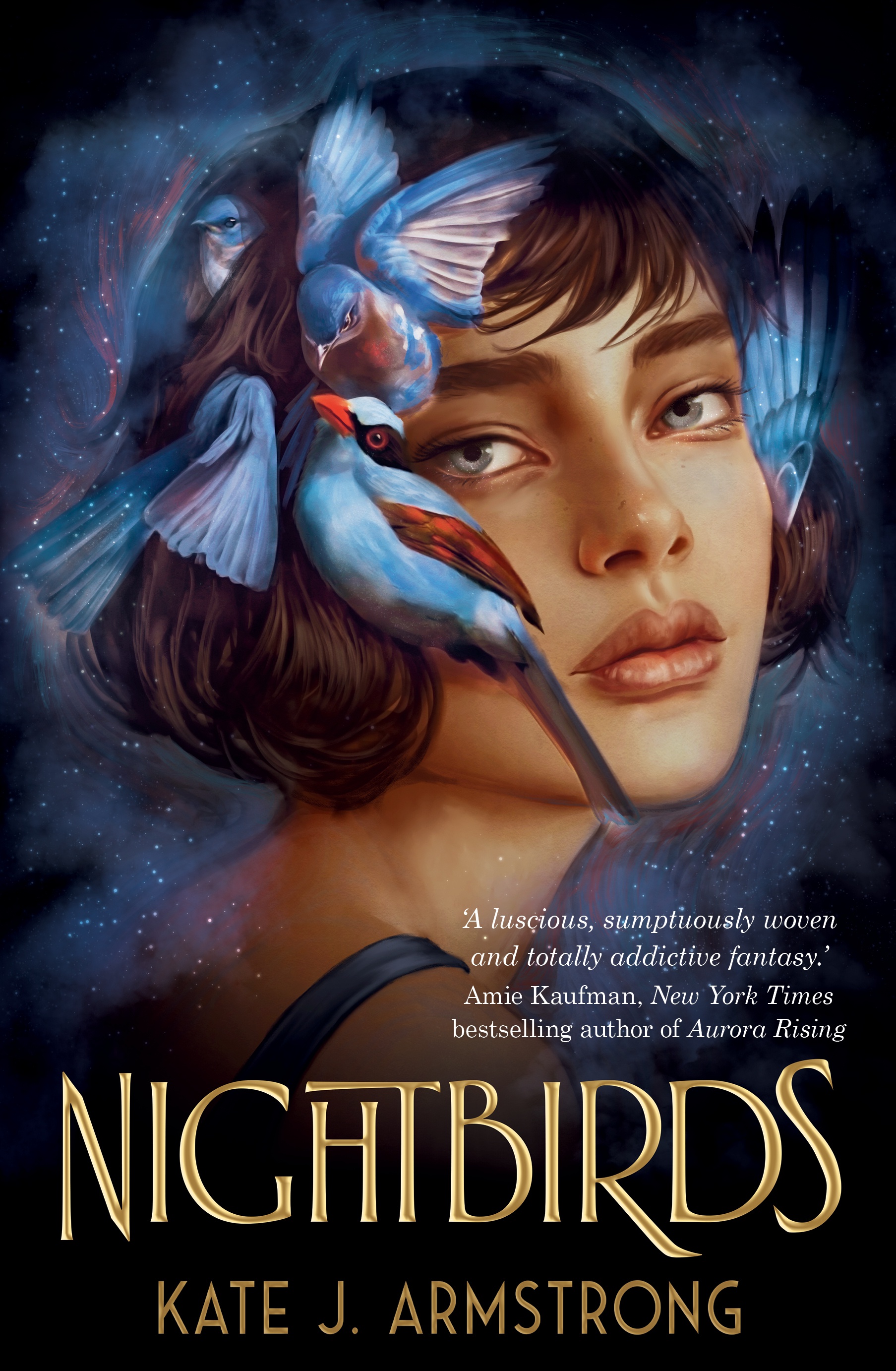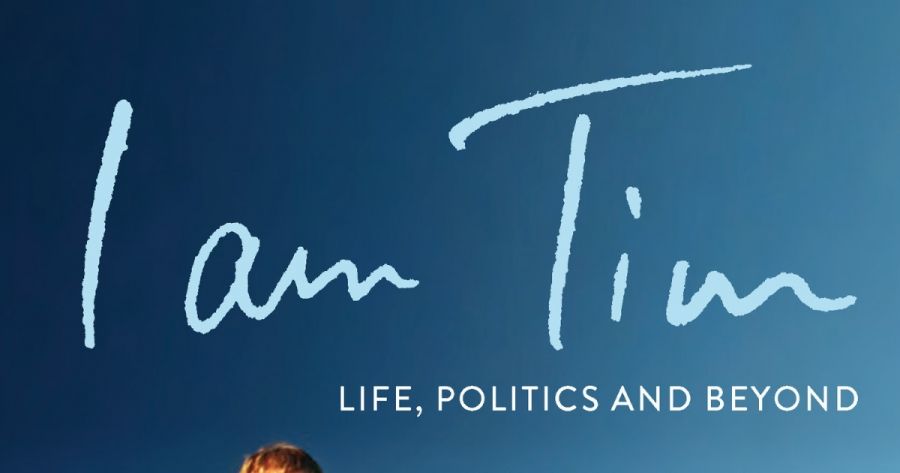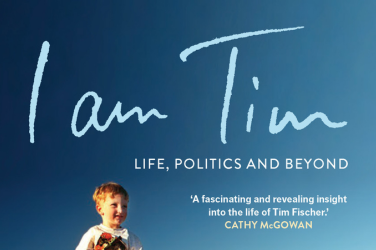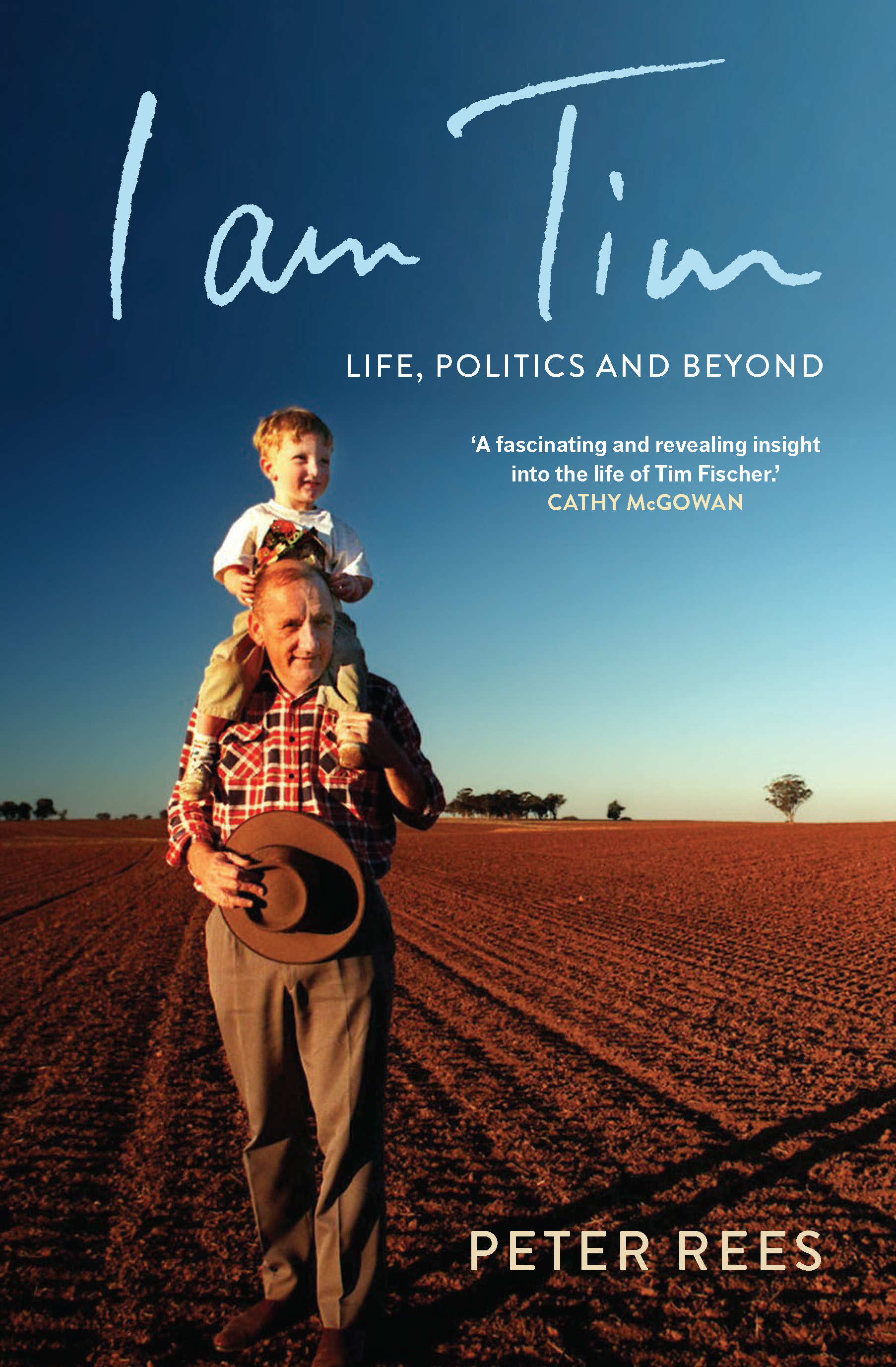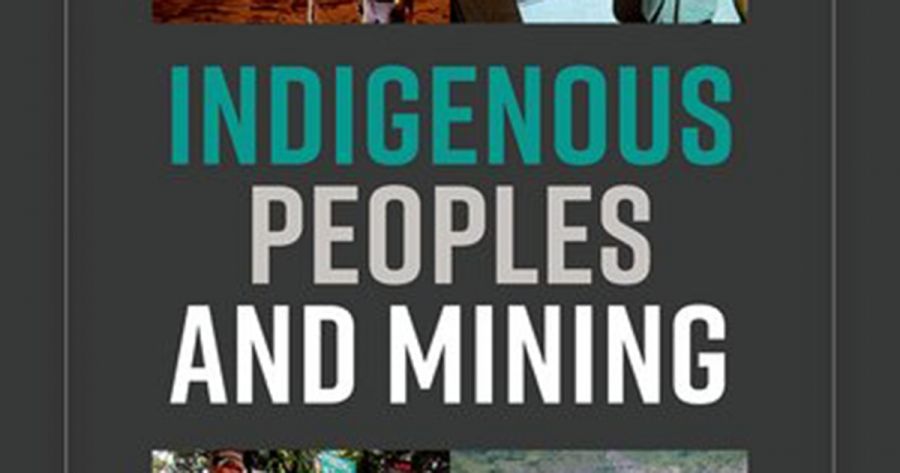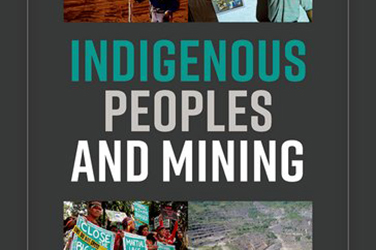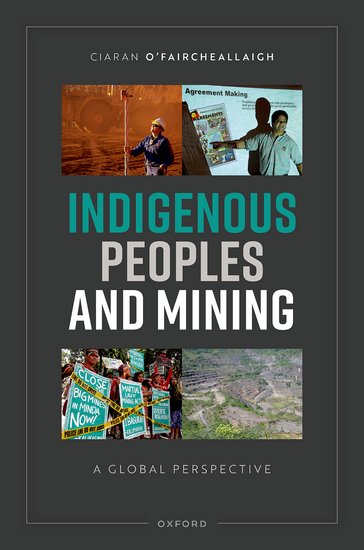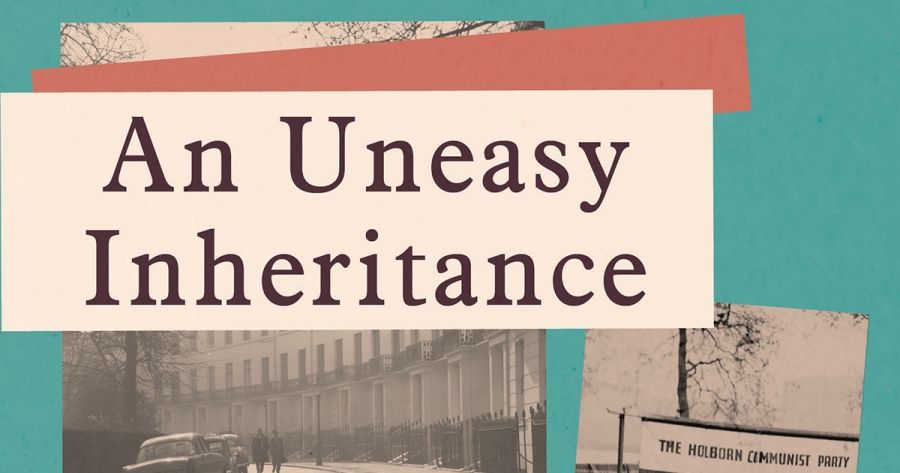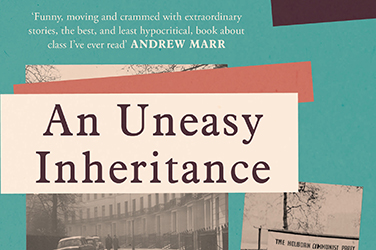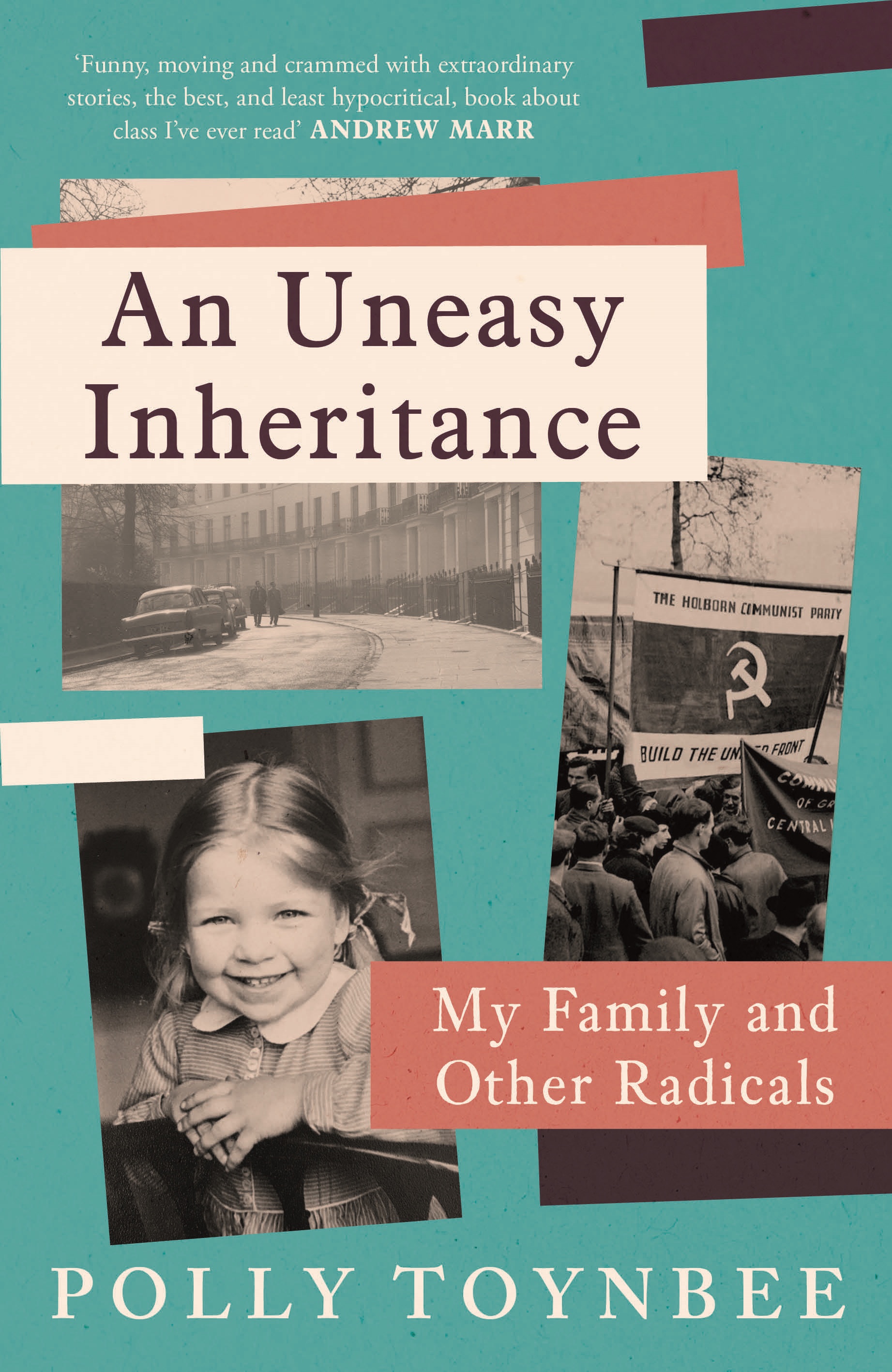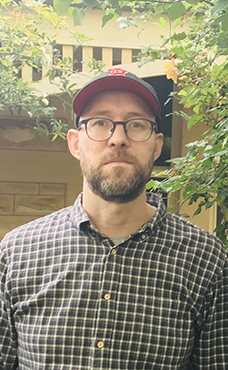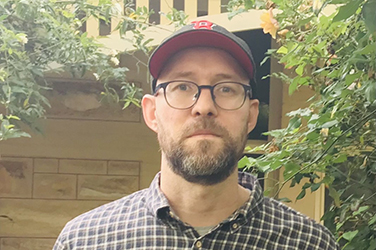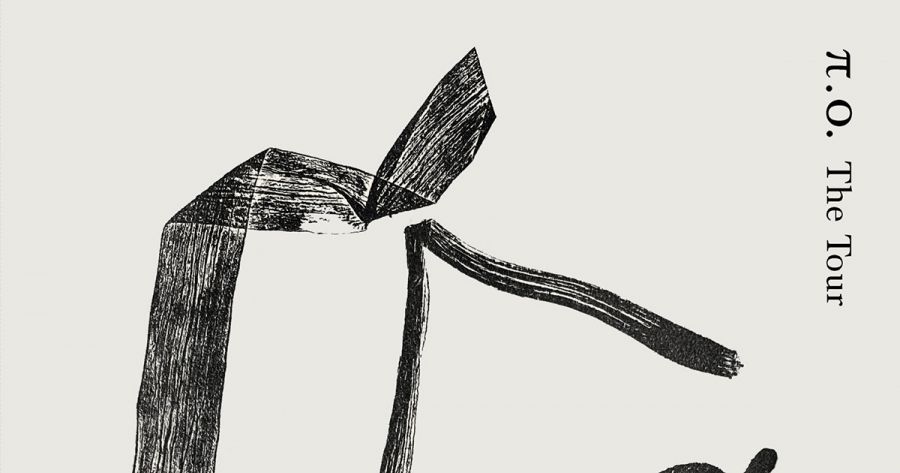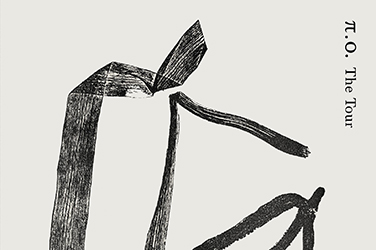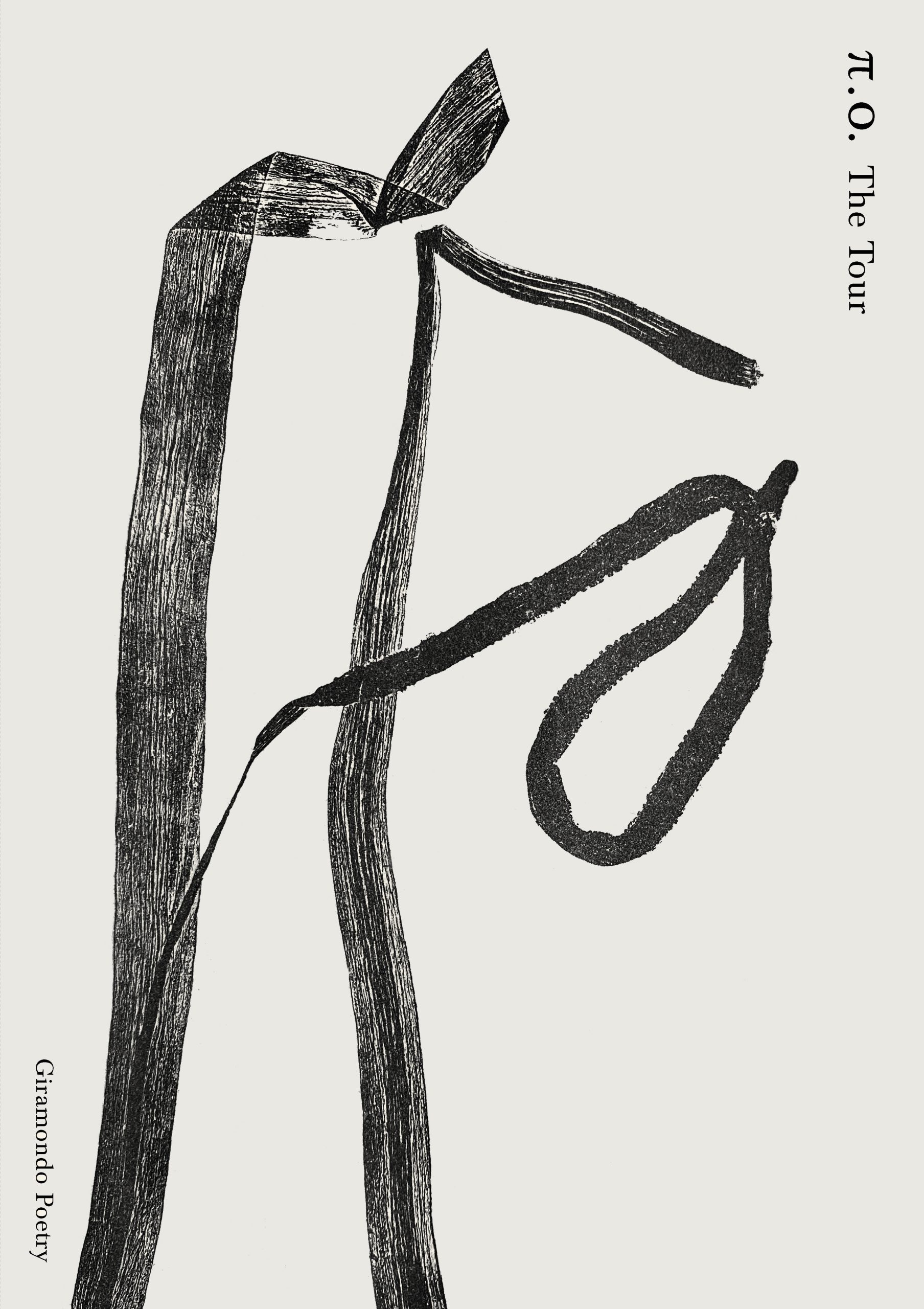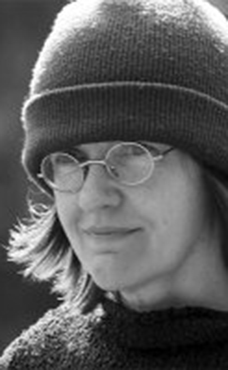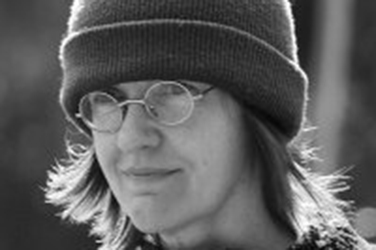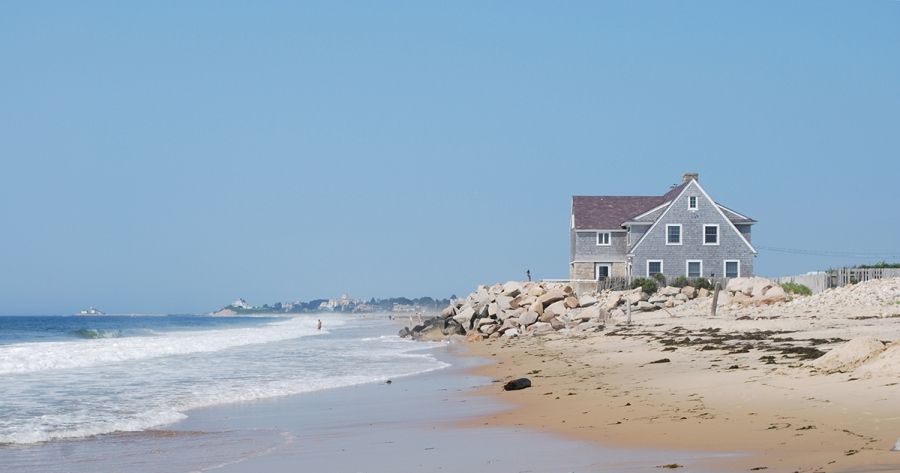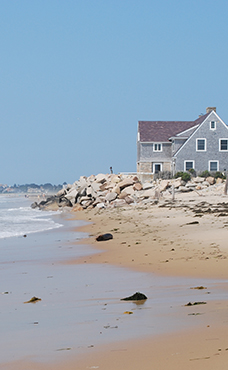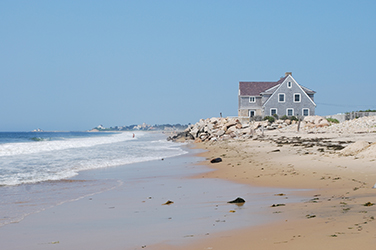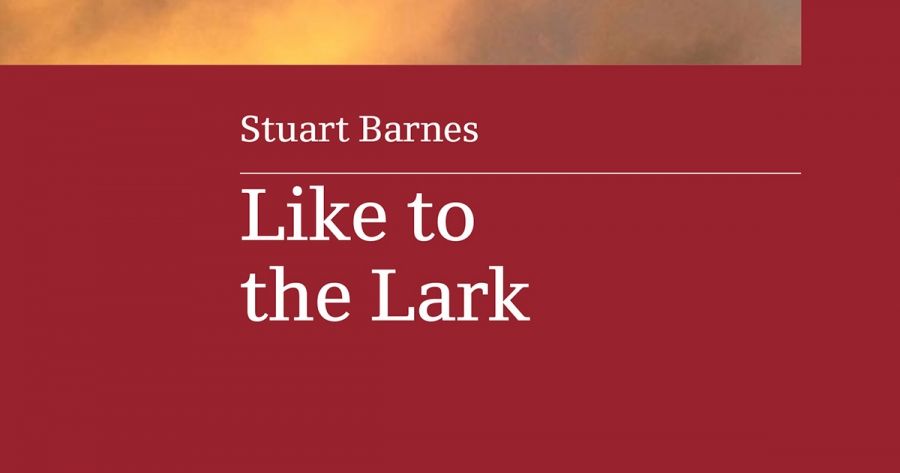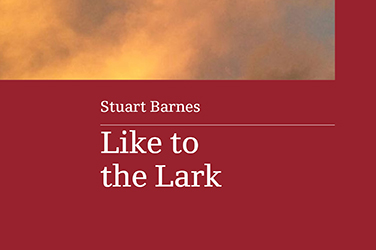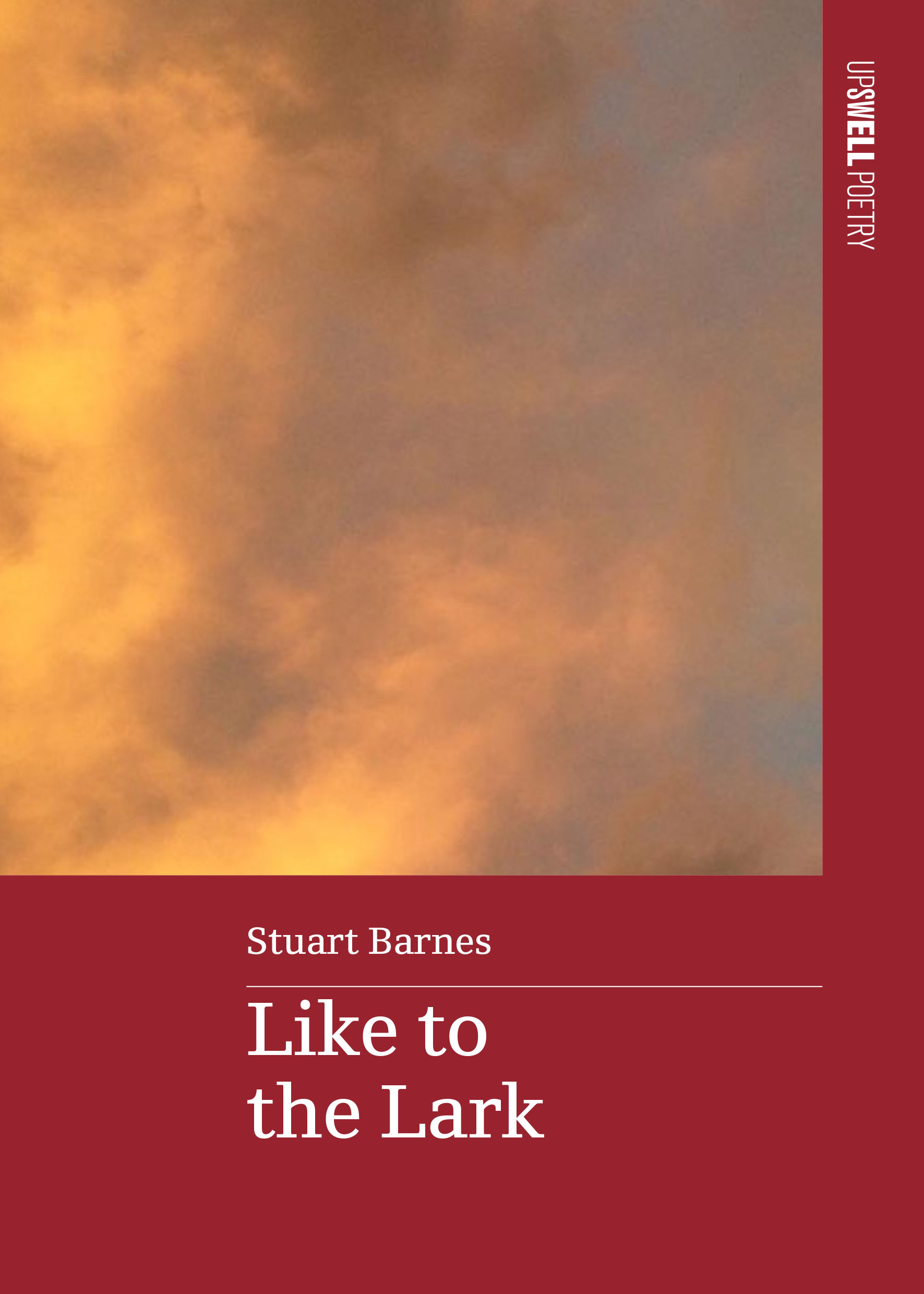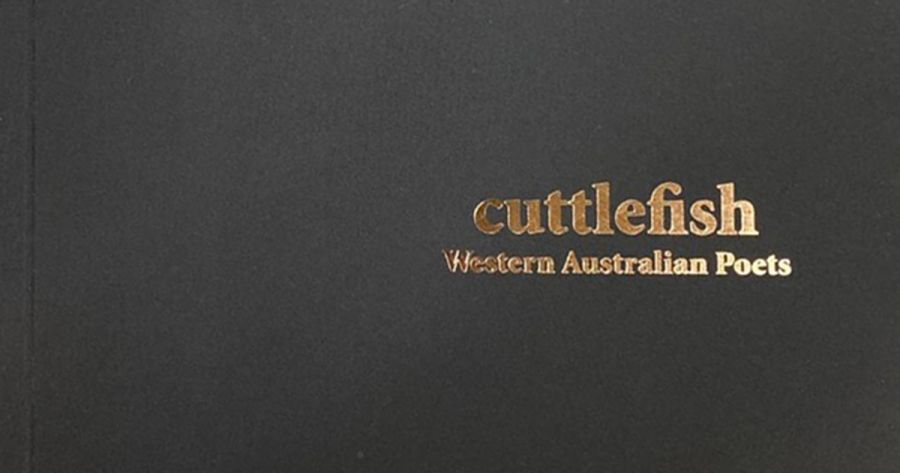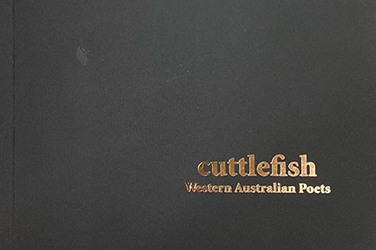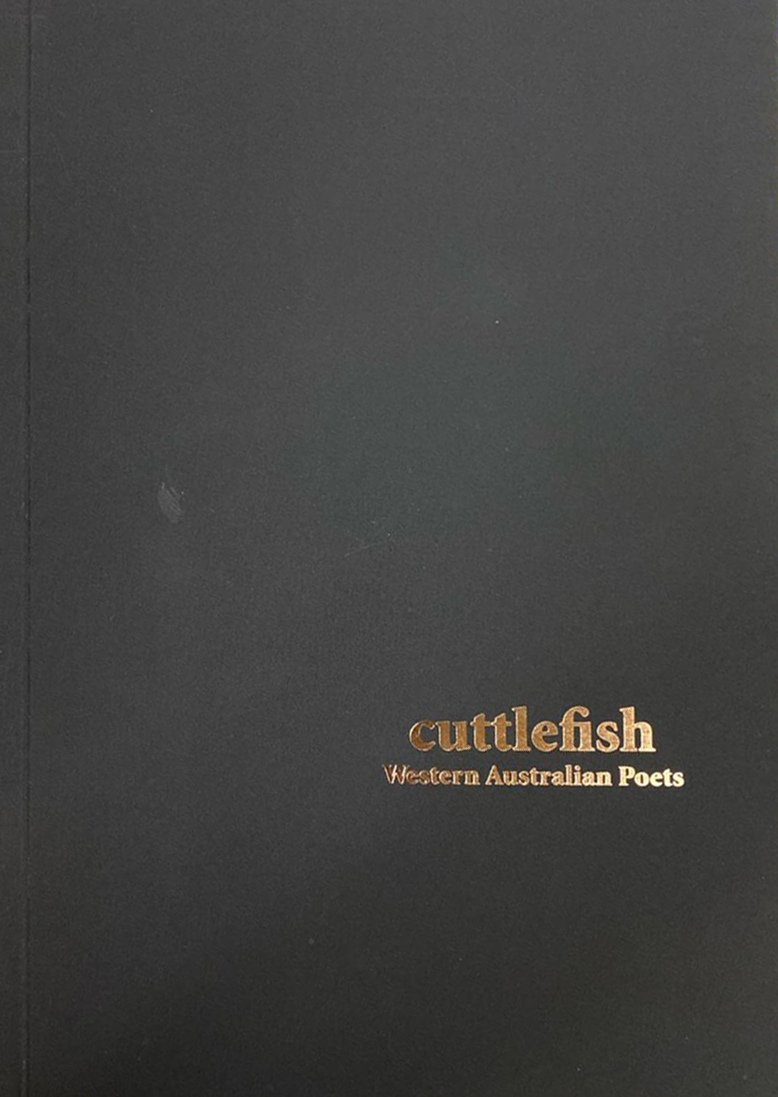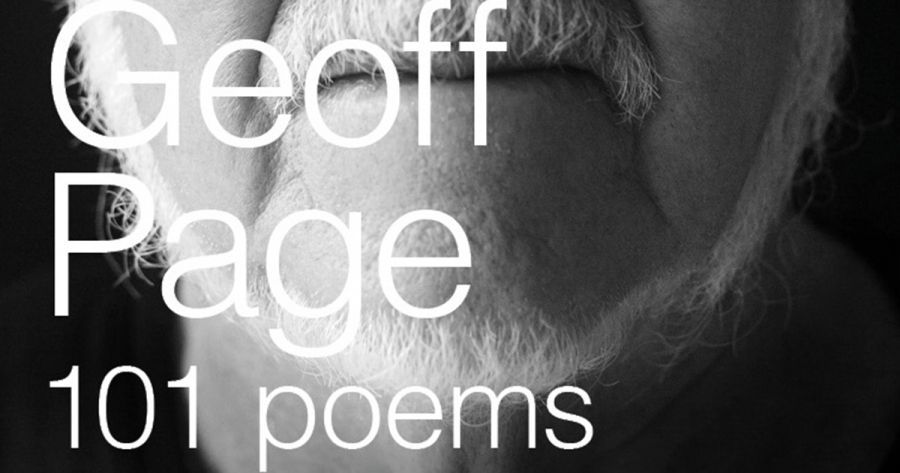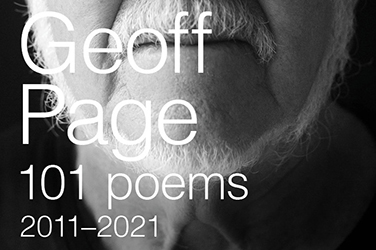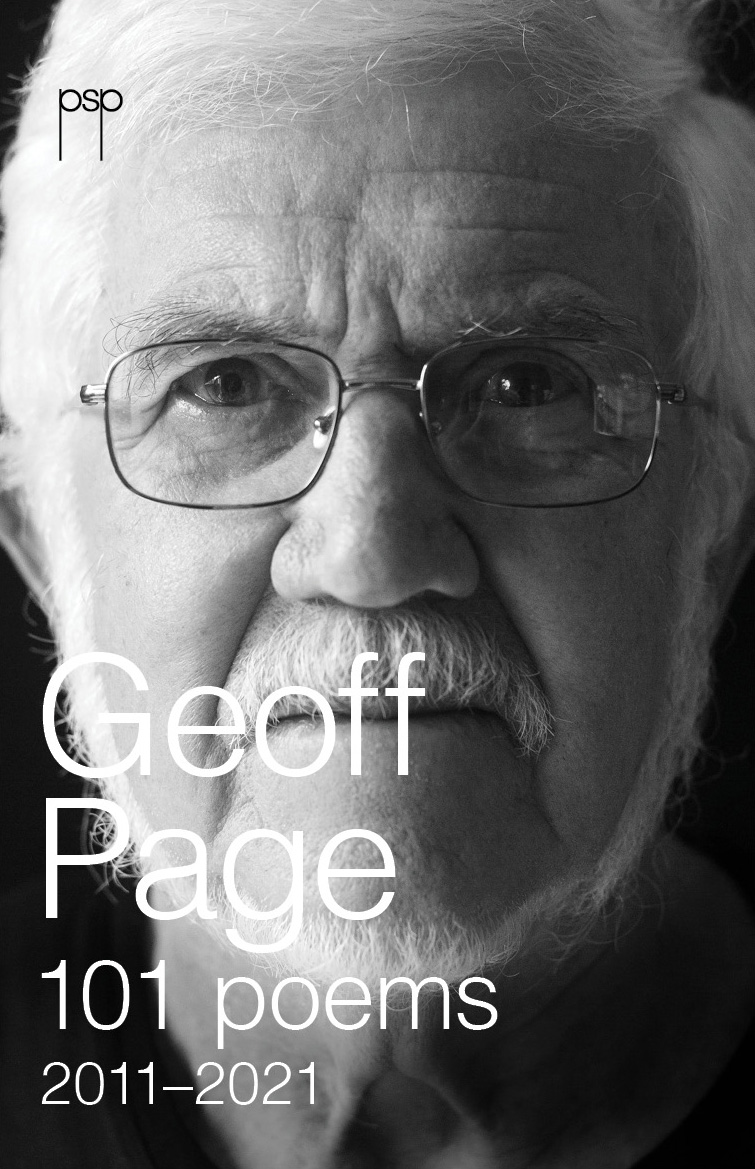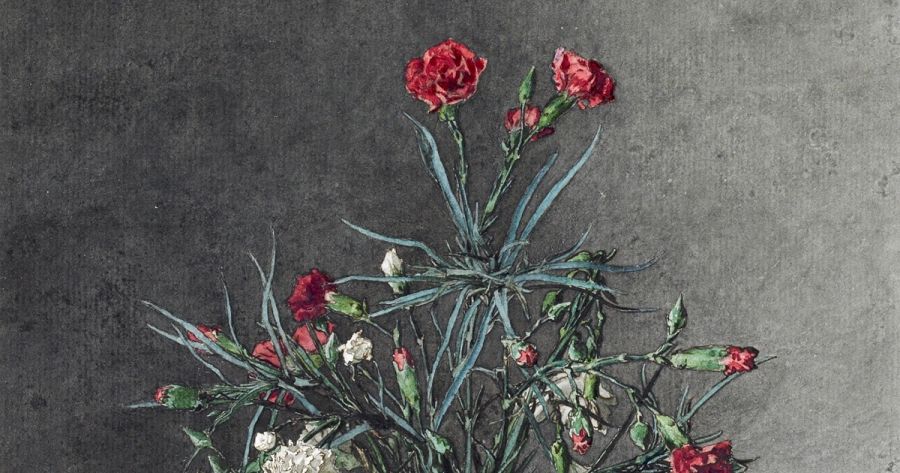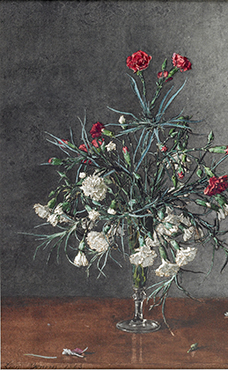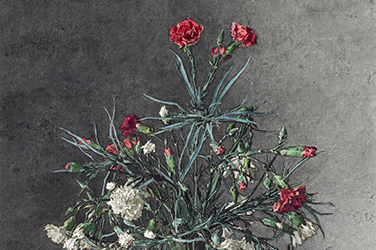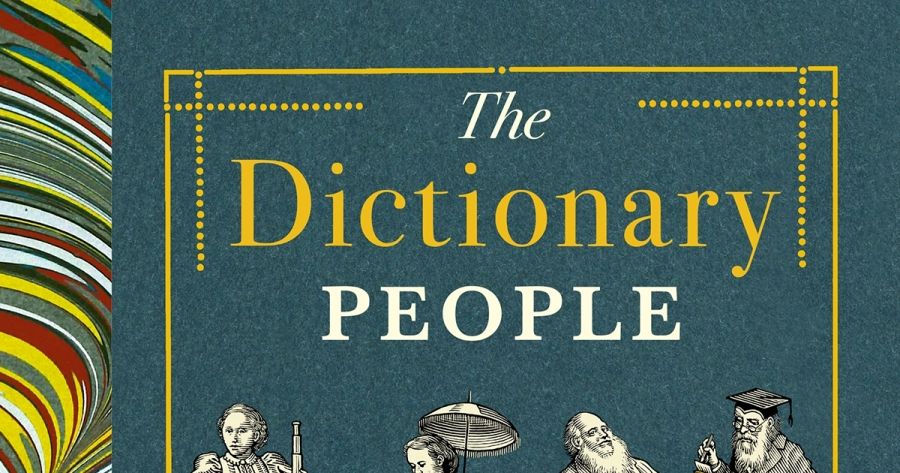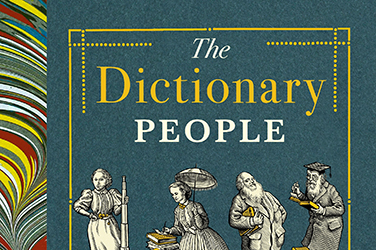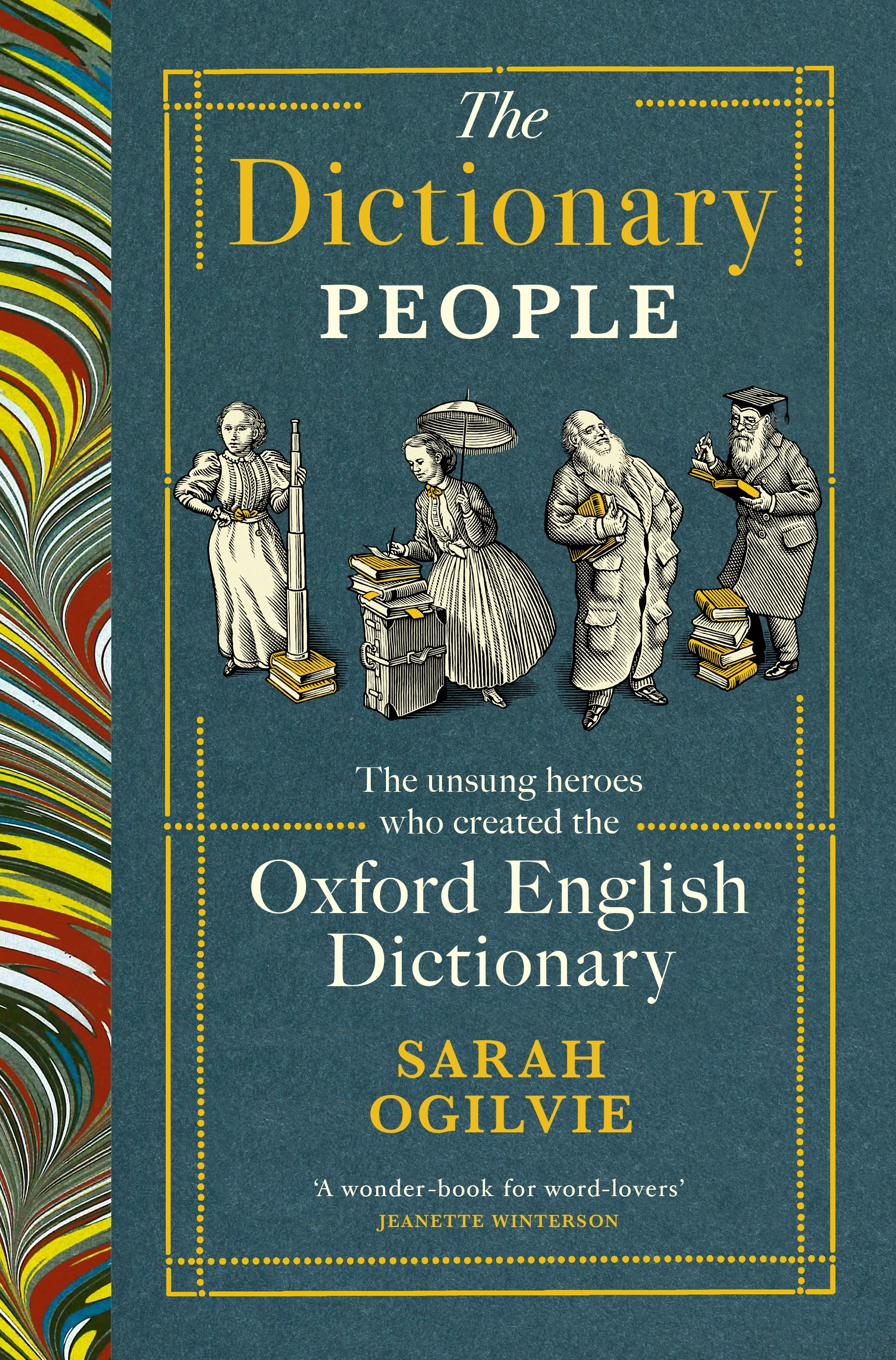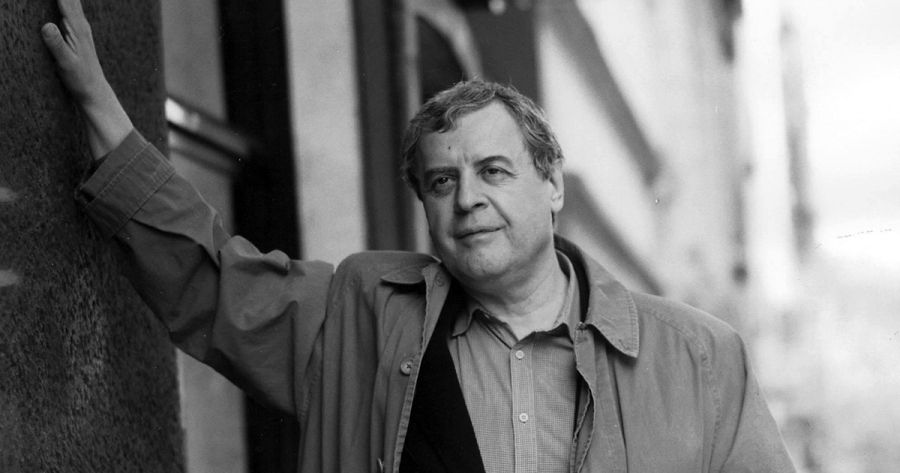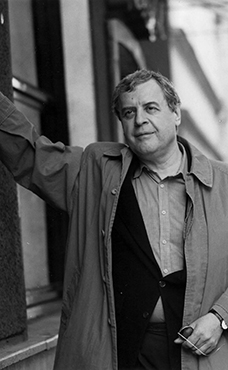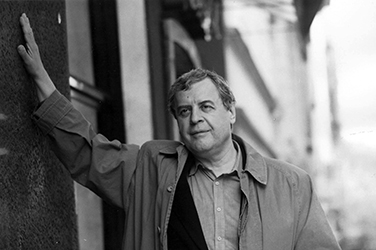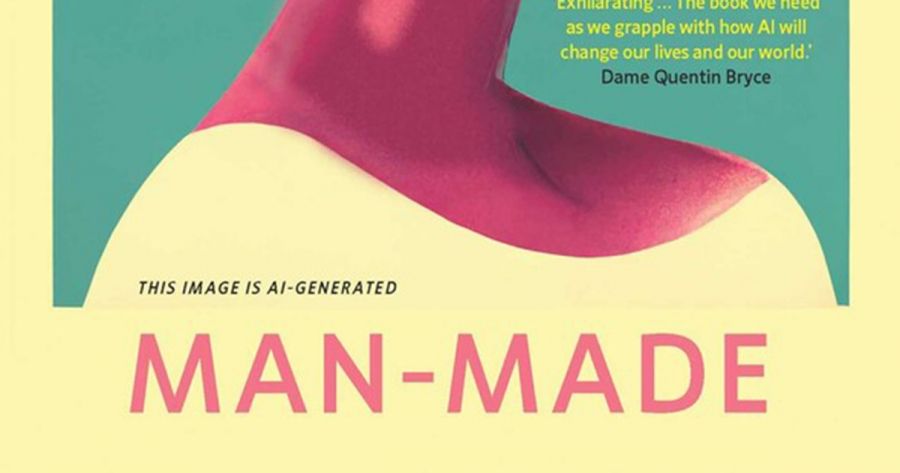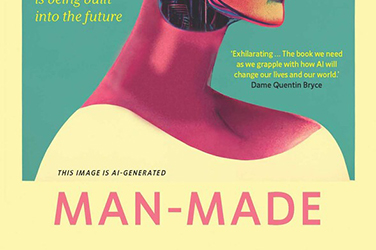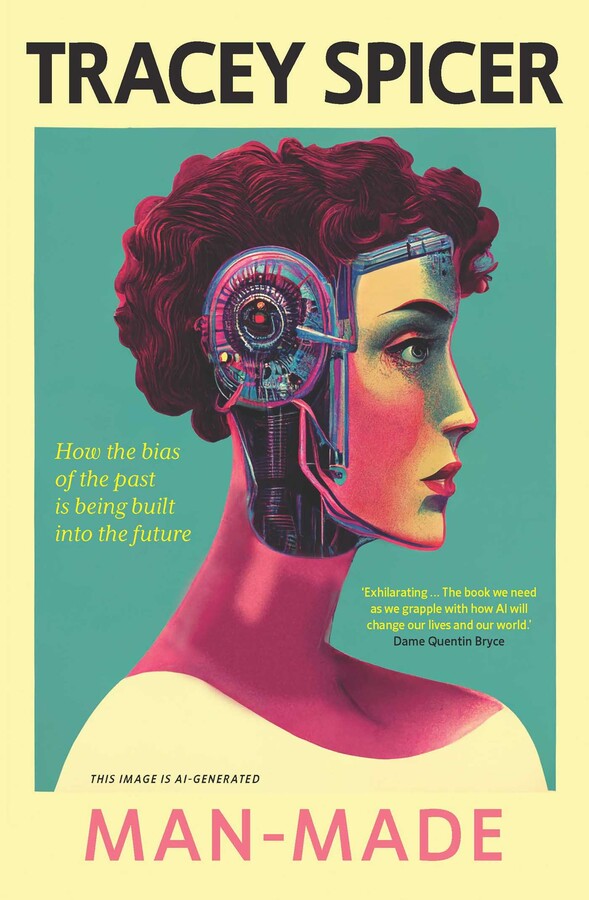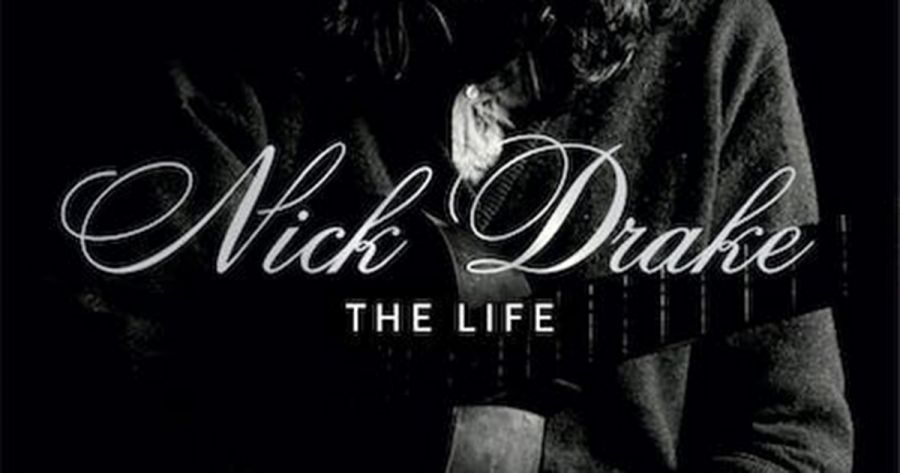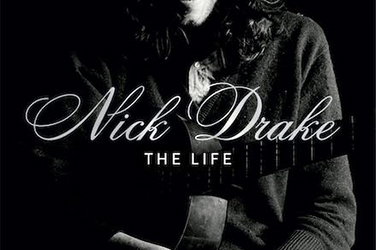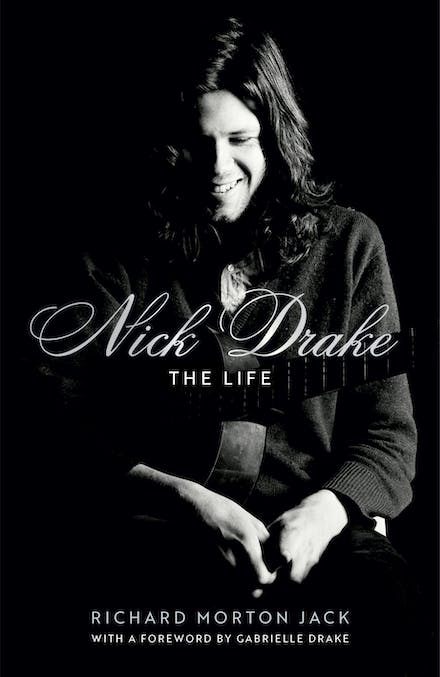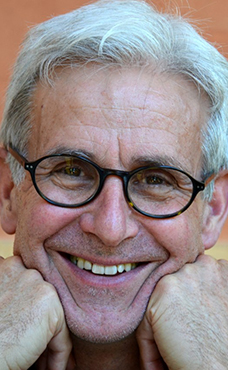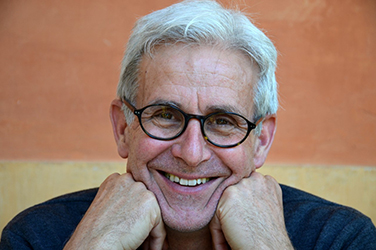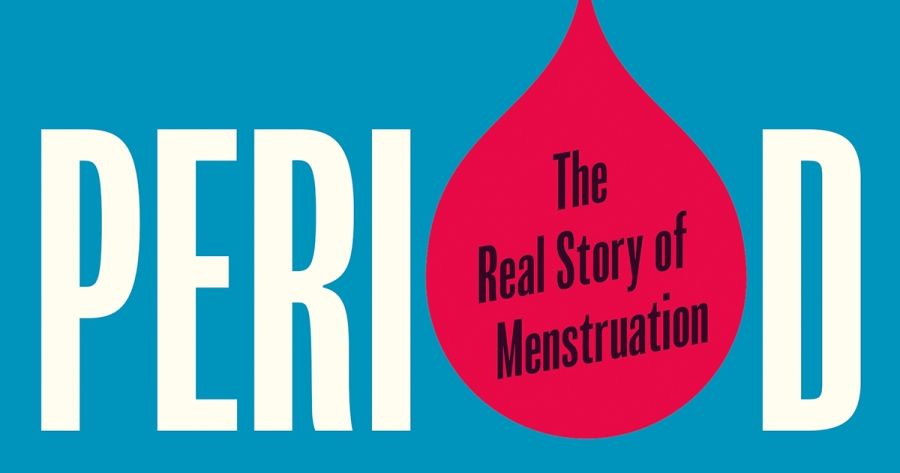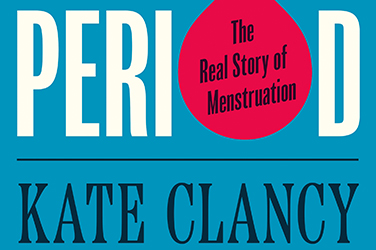- Free Article: No
- Contents Category: Advances
- Review Article: Yes
- Article Title: Advances - November 2023
- Online Only: No
- Custom Highlight Text:
Read the Advances from the November 2023 issue of ABR.
Calibre returns
The 2024 Calibre Essay Prize returns bigger and better than ever. Calibre opened as this issue went to print and this year it is worth a total of $10,000 with three prizes on offer: a $5,000 first prize, $3,000 second prize, and $2,000 third prize. All three winning essays will appear in print and online in ABR in 2024.
The Prize is open to all essayists writing in English around the world. We welcome essays of between 2,000 and 5,000 words on any subject and written in any style: personal or political, literary or speculative, traditional or experimental.
Entries close at midnight on 22 January and the judges this year are ABR Deputy Editor Amy Baillieu and critics and past ABR Fellows Shannon Burns and Beejay Silcox. Burns is the author of a memoir, Childhood (Text Publishing, 2022) and Silcox is the artistic director of the Canberra Writers Festival.
ABR thanks founding Patrons Peter McLennan and Mary-Ruth Sindrey for their continuing support for the Calibre Essay Prize.
Porter Prize
Judging is now underway for the 2024 Peter Porter Poetry Prize, a task ably undertaken by Lachlan Brown, Dan Disney (last year’s winner), and Felicity Plunkett. We look forward to publishing the five shortlisted poems in our January-February issue and to revealing the winner at a ceremony in January. Keep an eye on our website for more information and event details in coming months.
Alex Skovron wins the 2023 Patrick White Award
Past Peter Porter Poetry Prize winner (try repeating that five times fast) Alex Skovron has won this year’s $20,000 Patrick White Award for his achievements as a writer of poetry and fiction.
On winning the award Skovron commented:
This wonderful surprise has come at something of a milestone moment in my life, on the heels of my seventy-fifth birthday, and to receive the Award means a great deal to me – both as a recognition of my work to date, and as further encouragement towards what I still hope to achieve. Above all, I feel honoured to be joining such an impressive cohort of past winners, many of whose stories and poems I’ve read and admired.
Patrick White established the annual literary award using the proceeds from his 1973 Nobel Prize for Literature and it is presented by Perpetual to authors who have ‘made an ongoing contribution to Australian literature but may not have received adequate recognition’.
Skovron will be officially honoured for his contribution to Australian literature at the Patrick White Literary Award celebration at Readings State Library Victoria, at 6pm on 15 November 2023.
David Harold Tribe Poetry Award
Last month’s Indigenous issue featured a review by Wiradjuri poet Associate Professor Jeanine Leane of Edenglassie by Melissa Lucashenko. Leane has now been announced as the winner of the 2023 David Harold Tribe Poetry Award at the University of Sydney. With a prize of $20,000, the David Harold Tribe Poetry Award is the richest poetry prize in Australia for an original unpublished poem.
Judith Beveridge wins poetry prize
Advances was tickled pink to see it had a role in Judith Beveridge’s win of the $10,000 Australian Catholic University Prize for Poetry. Beveridge’s poem ‘Two Houses’ was inspired by the first house she shared with her husband, fellow poet Stephen Edgar. In her response to the prize news, Beveridge recalled that she had met Edgar one year before moving into the house in a lunch arranged to discuss her review of Edgar’s book in ABR. So reviewing can bring people together, after all.
ABR on tour
As this issue goes to print ABR Editor Peter Rose and Development Manager Christopher Menz are enjoying a European autumn as part of ABR’s 2023 Vienna Tour, presented in association with Academy Travel. Those on the twelve-day tour are exploring the city in depth, attending performances and following in the footsteps of Mozart and Beethoven, Otto Wagner and Gustav Klimt. The tour also ventures into the surrounding countryside with a cruise down the Danube to the beautiful Wachau Valley and on to Bratislava. Advances couldn’t possibly comment on rumours that staff remaining in the office during the European tour are making plans to temporarily relocate to a tropical island soon to balance things out.
Those who want to join in the fun without heading overseas may be interested in ABR’s legendary Adelaide Festival Tour. Following on from successful tours in 2022 and 2023, ABR and Academy Travel will be hosting another cultural tour to Adelaide to coincide with Adelaide Writers’ Week and the best of the 2024 Adelaide Festival. Through ABR you will enjoy special access to Writers’ Week events and some of the featured writers. Academy Travel is the only travel company to be a partner sponsor of the Adelaide Festival, guaranteeing access to excellent tickets and the opportunity to meet artists and directors.
Visit Academy Travel’s website for more information, or to secure your spot! https://academytravel.com.au/adelaide-festival-writers-week-tour-abr-march-2024
Gift offer
For those wanting to avoid the Christmas shopping stress, look no further than an ABR gift subscription. Now, for a limited time, we invite you to give a gift subscription of the print edition to a friend at the special rate of $90 per year, a saving of $10 of the normal rate. (This package includes full online access.) Alternatively, give the online edition for just $60, a saving of twenty-five per cent off the normal price.
ABR subscribers also receive discounted entry in our many literary prizes and competitions, and are eligible for giveaways of film, concert, and theatre tickets.
Bring someone special into the fold of Australian Book Review – the nation’s foremost magazine of literary review and comment.
To take advantage of this special Christmas gift subscription offer, ring us on (03) 9699 8822 with the gift recipient’s postal address, contact number, and a message at the ready. This offer is valid until 31 December.




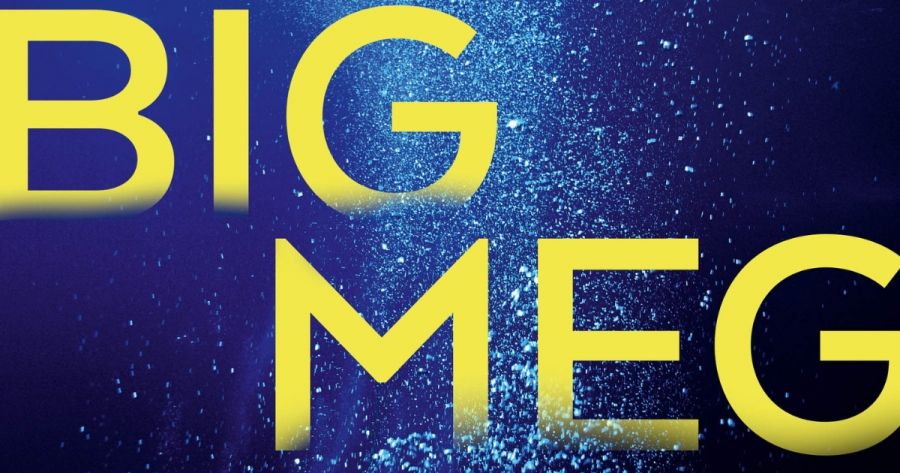
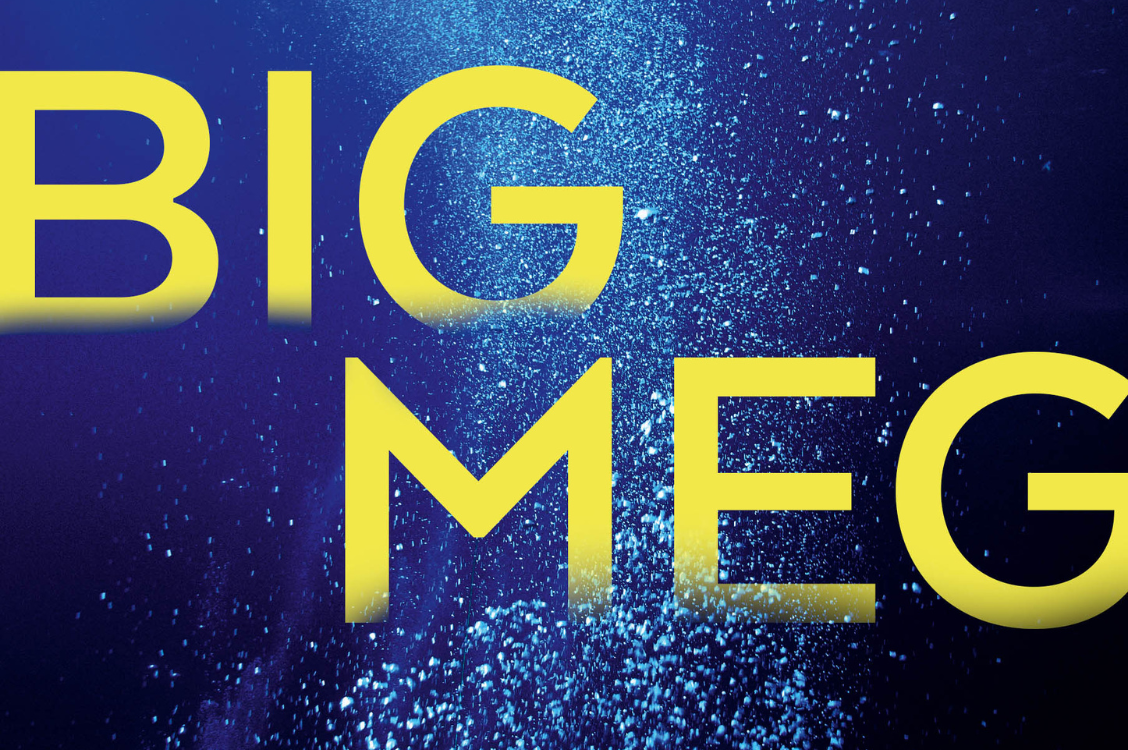
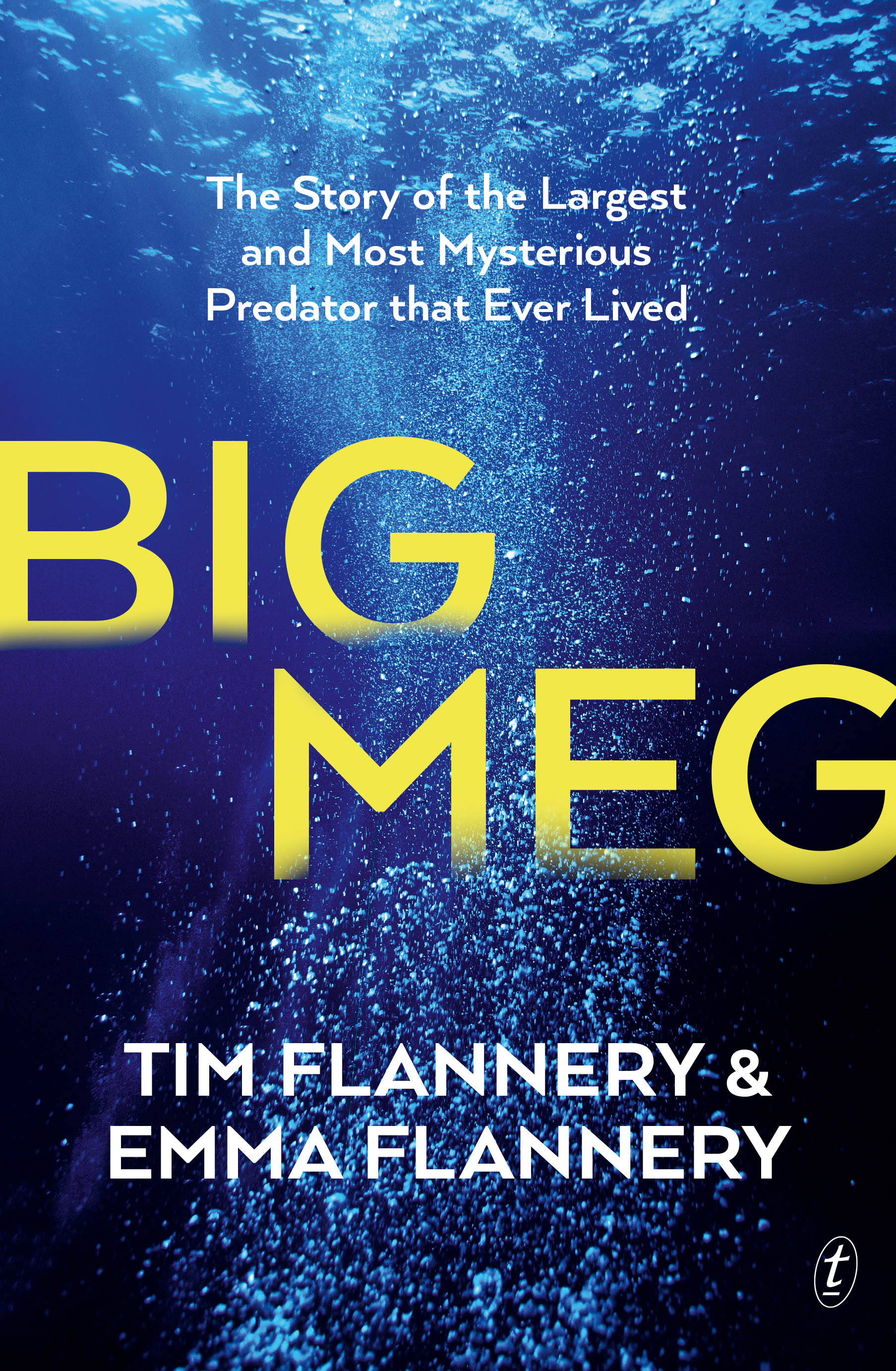
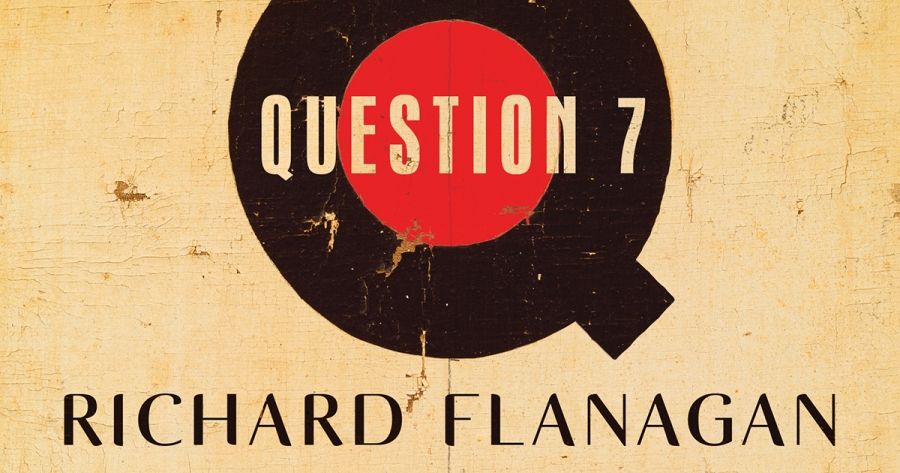
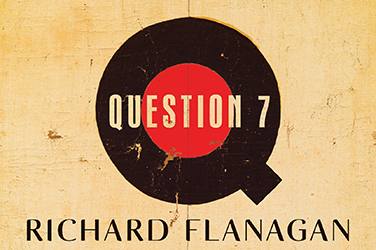
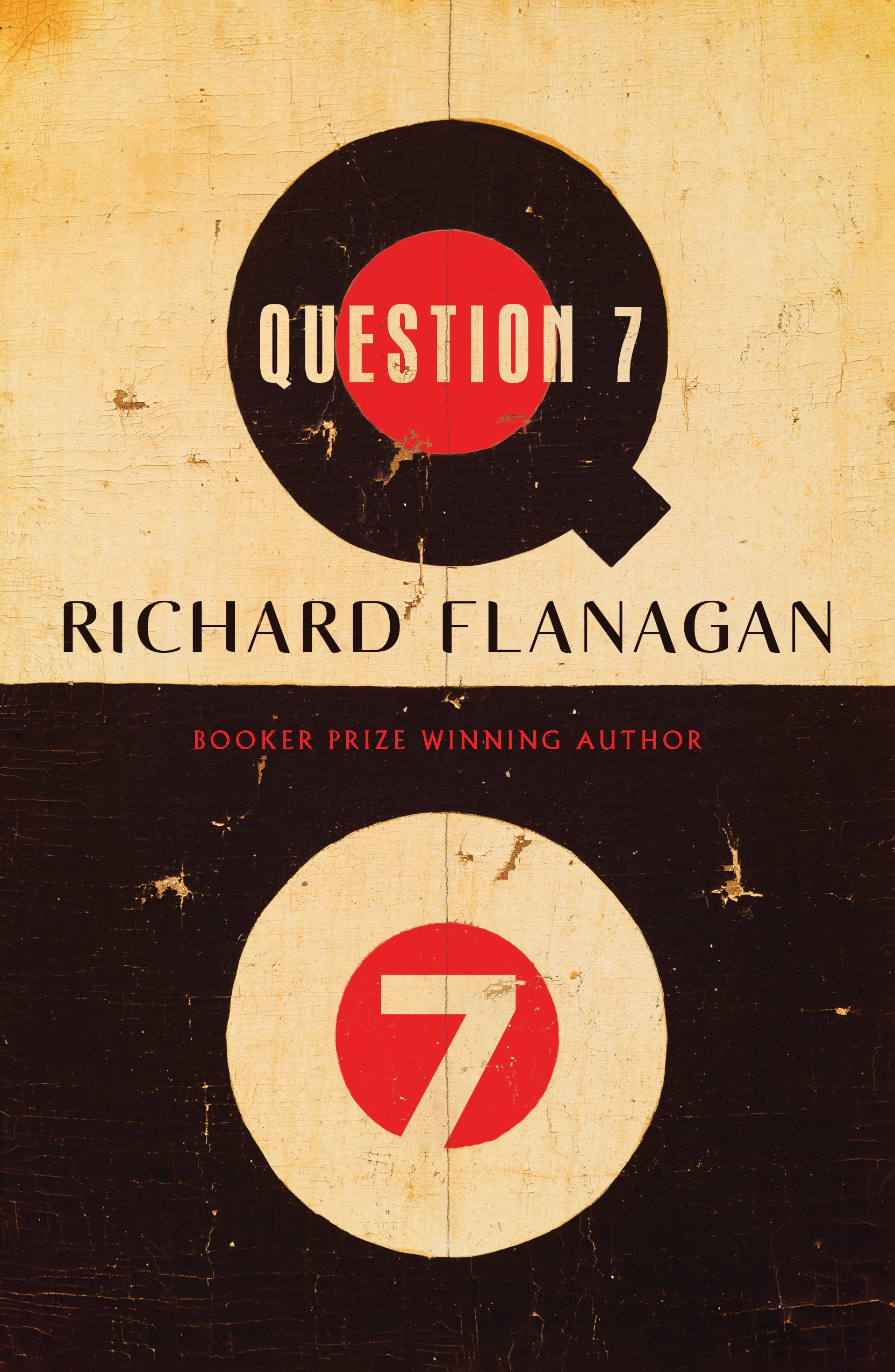

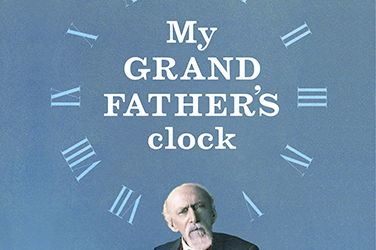
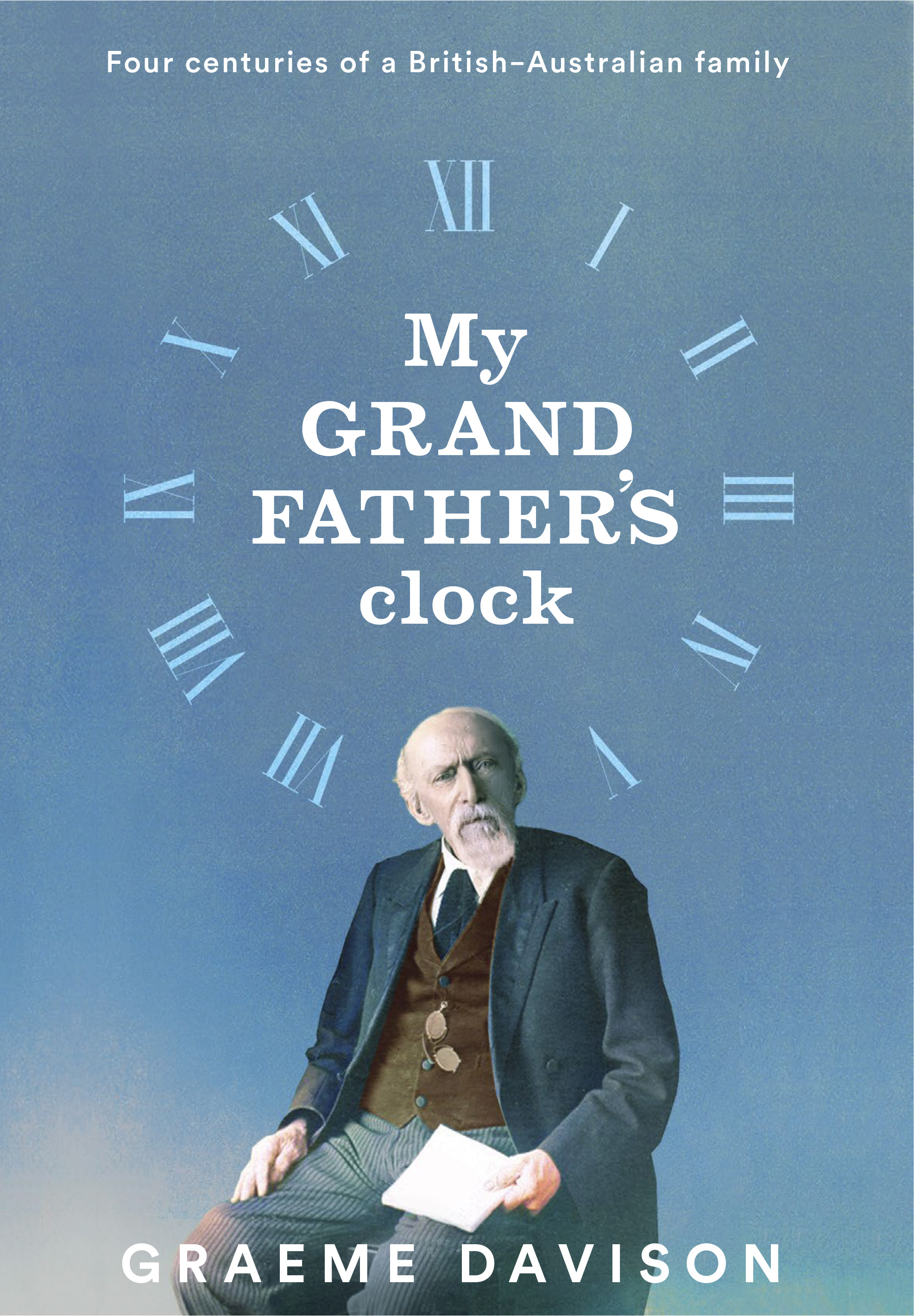
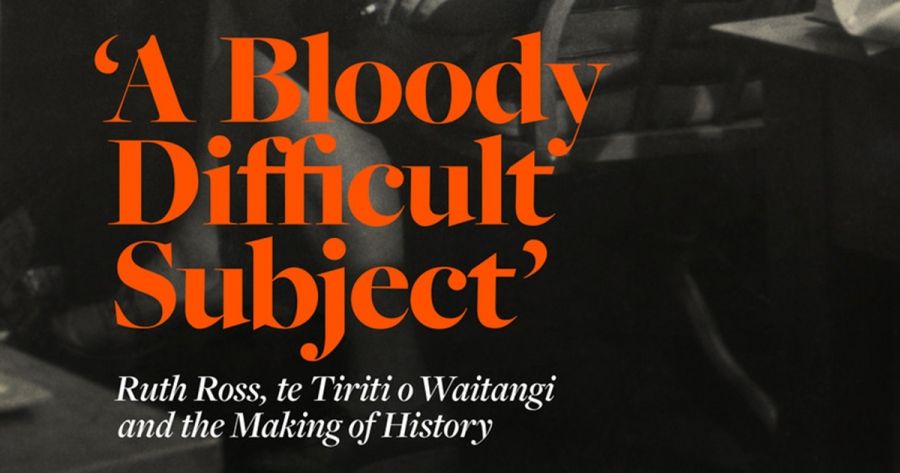
.jpg)
